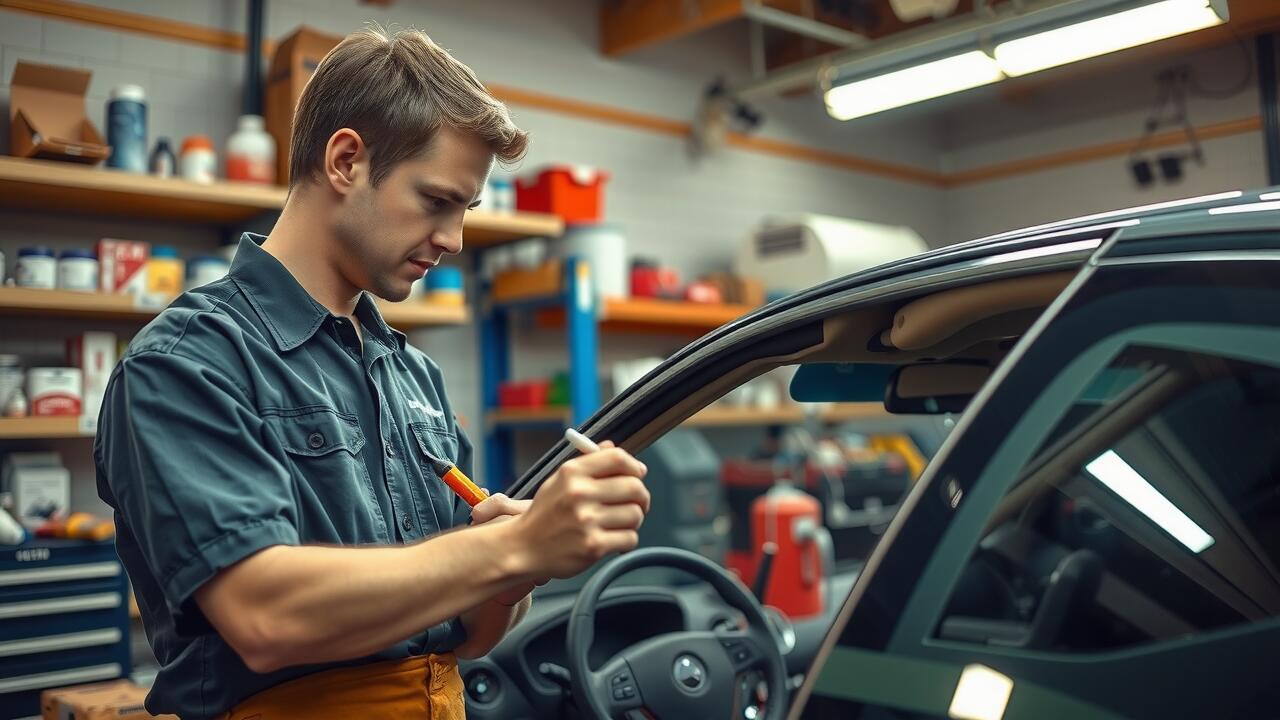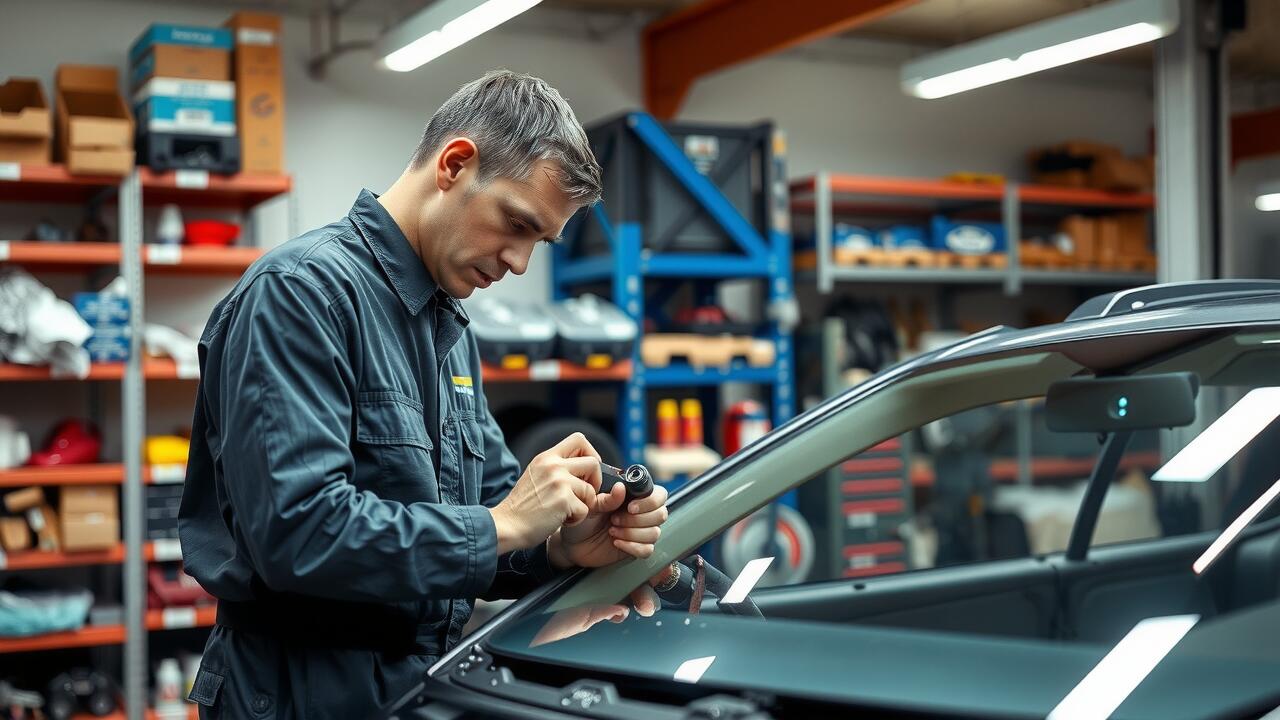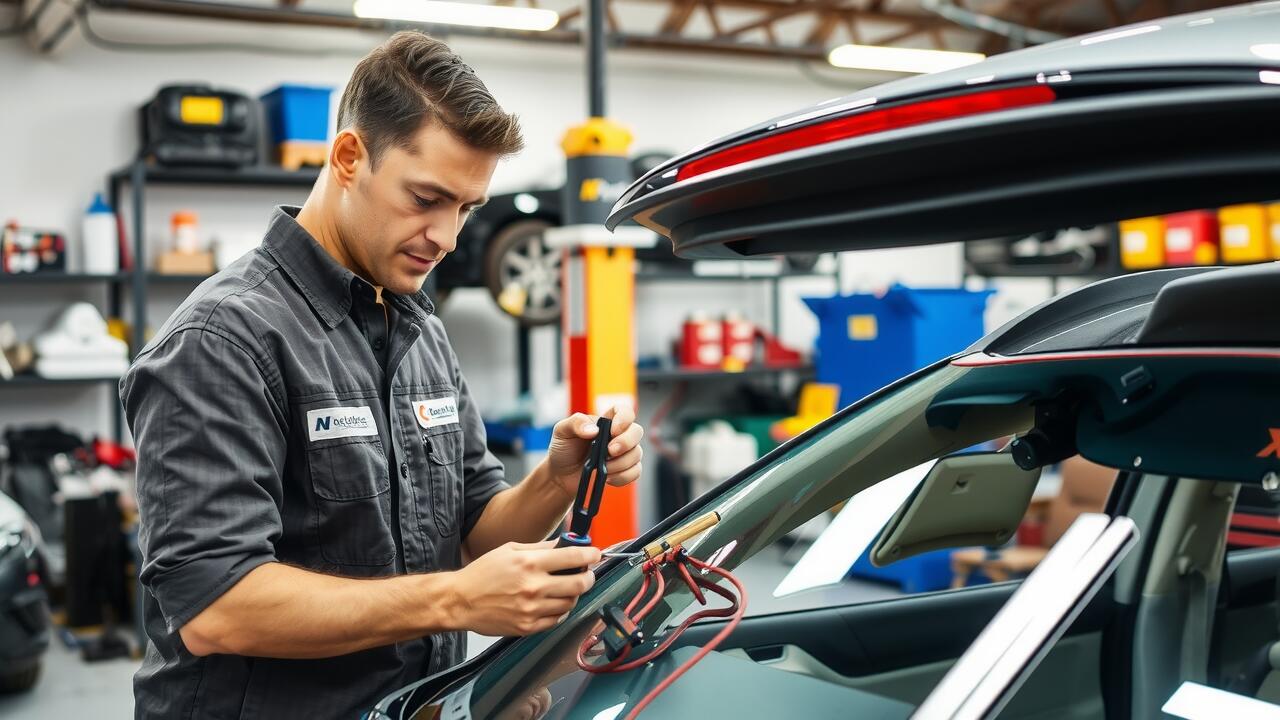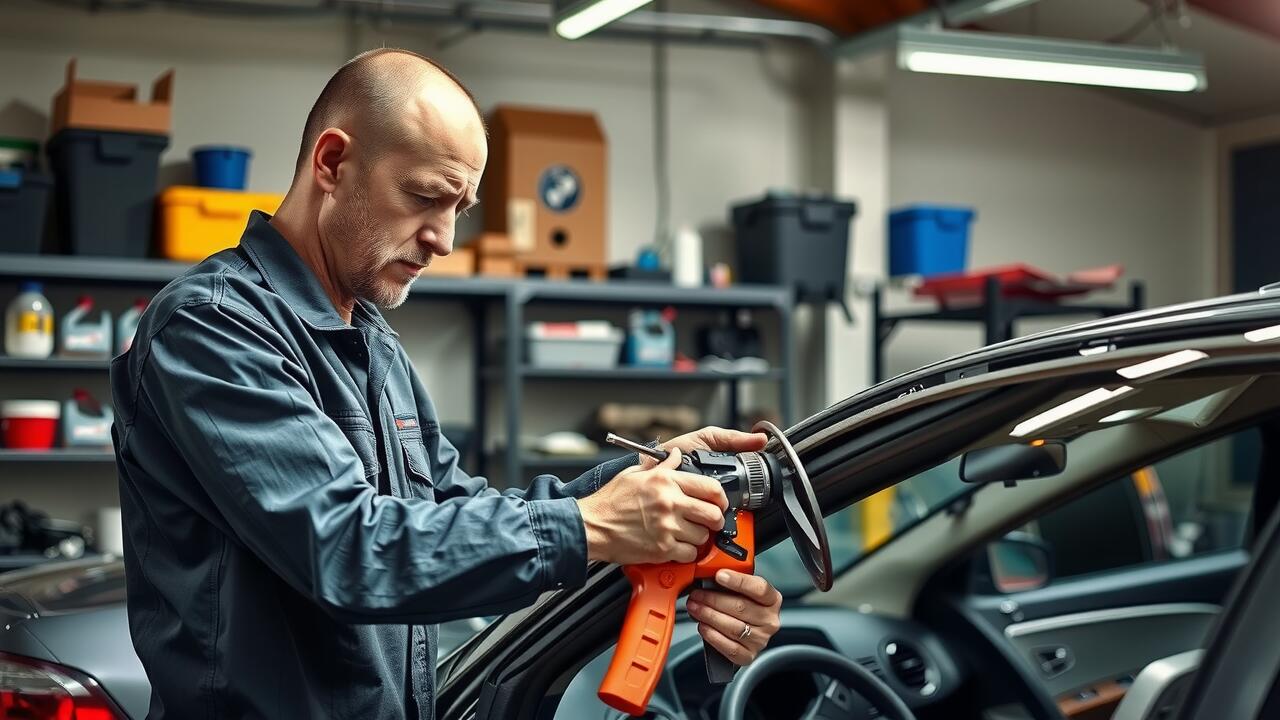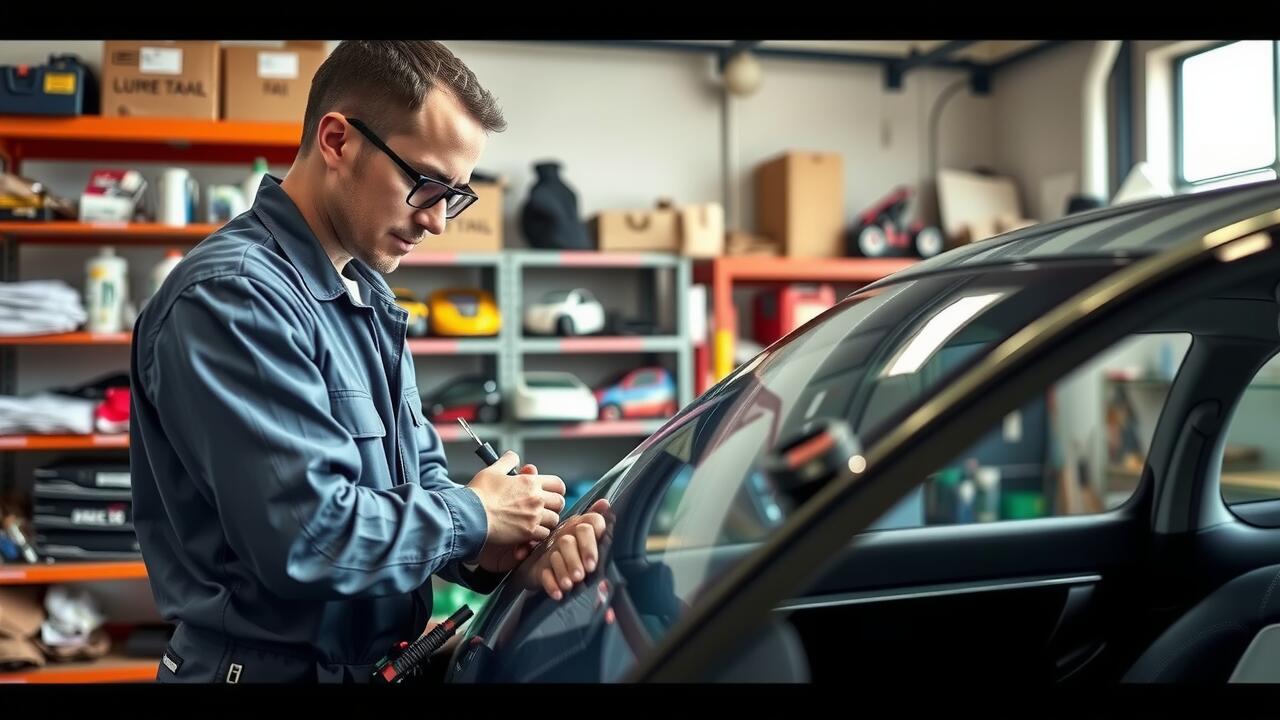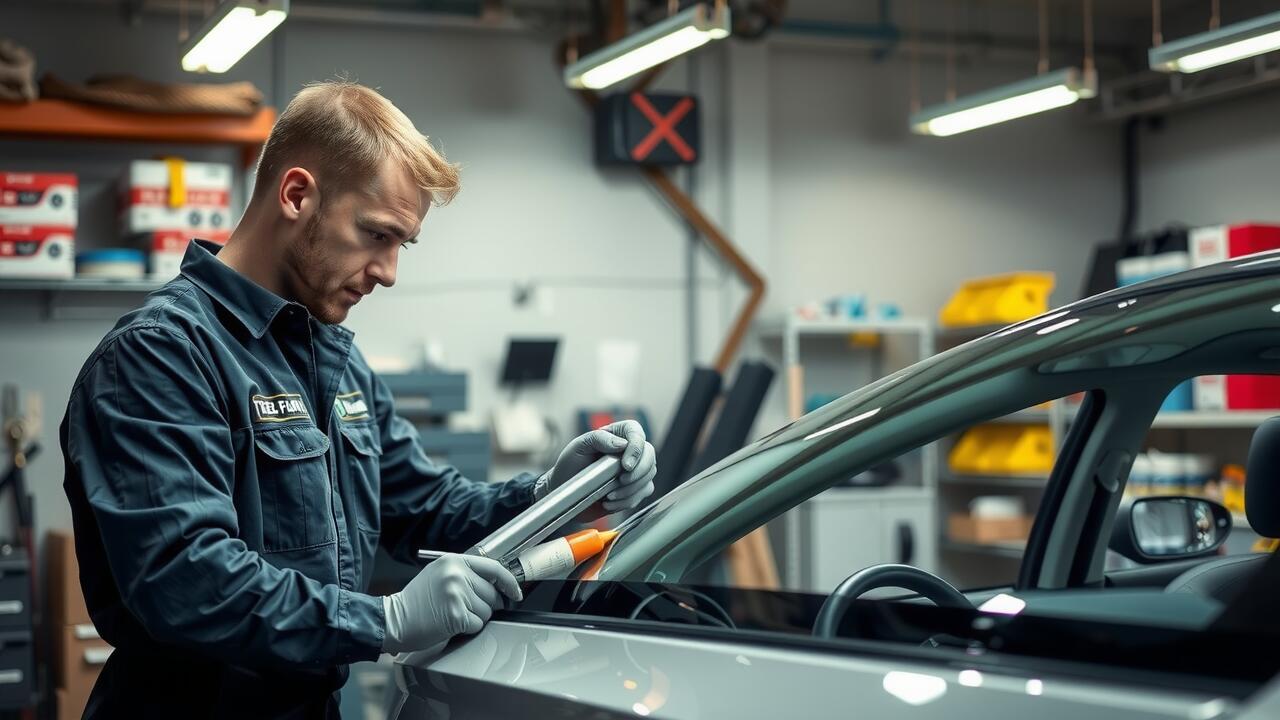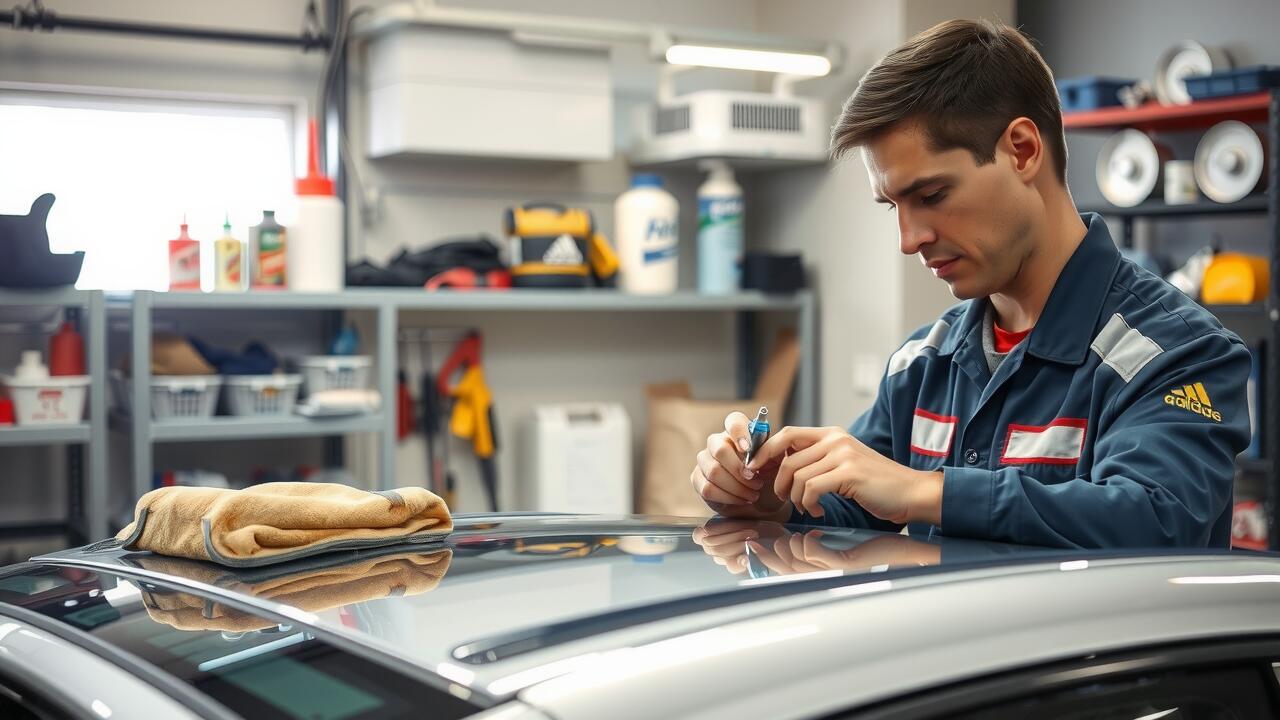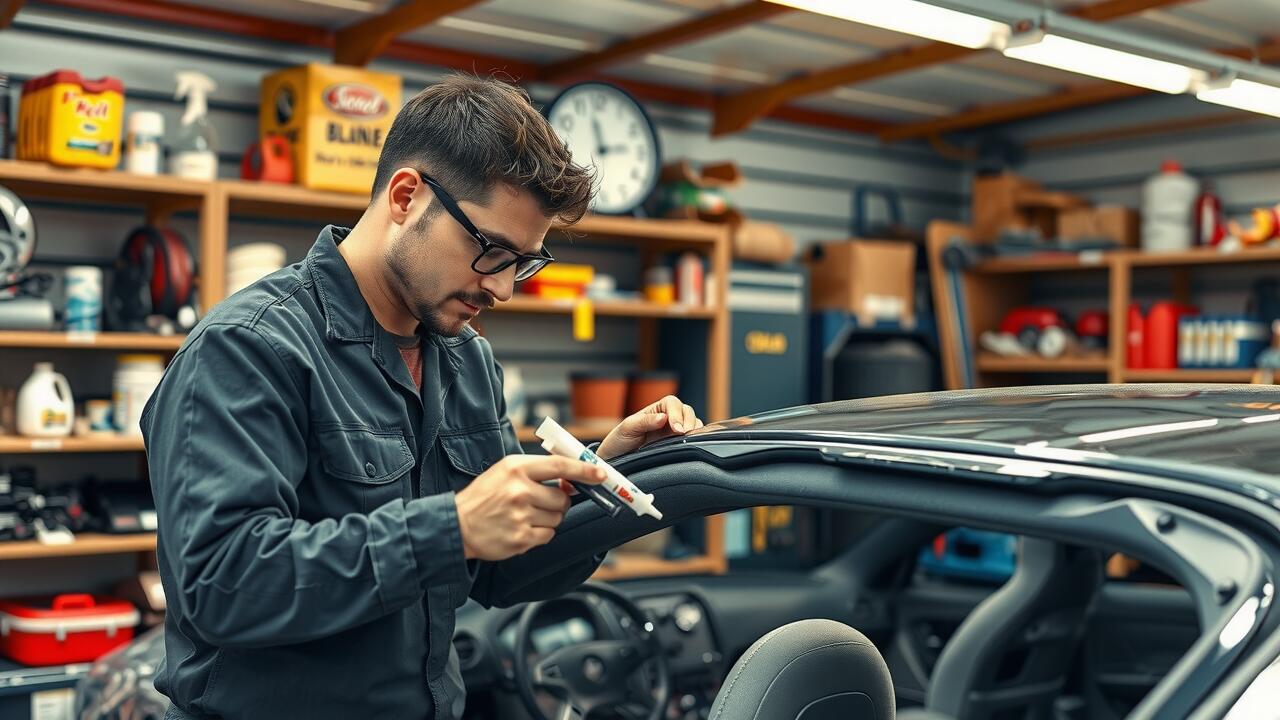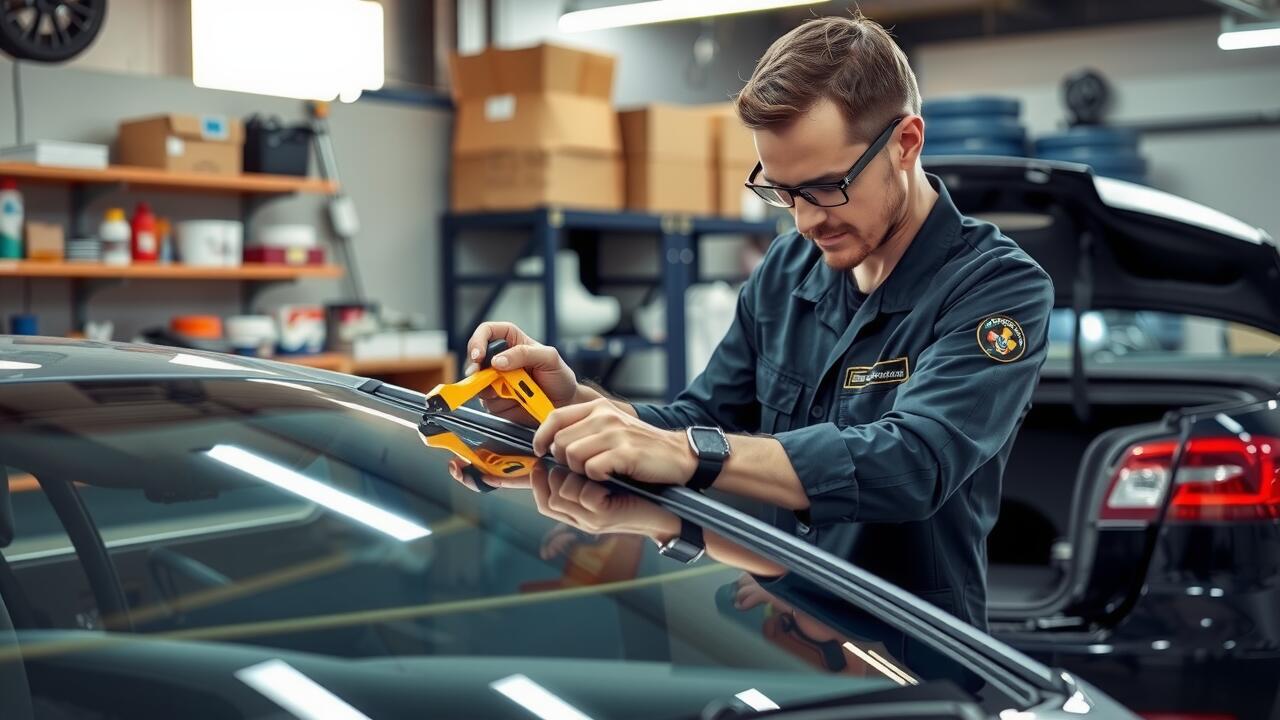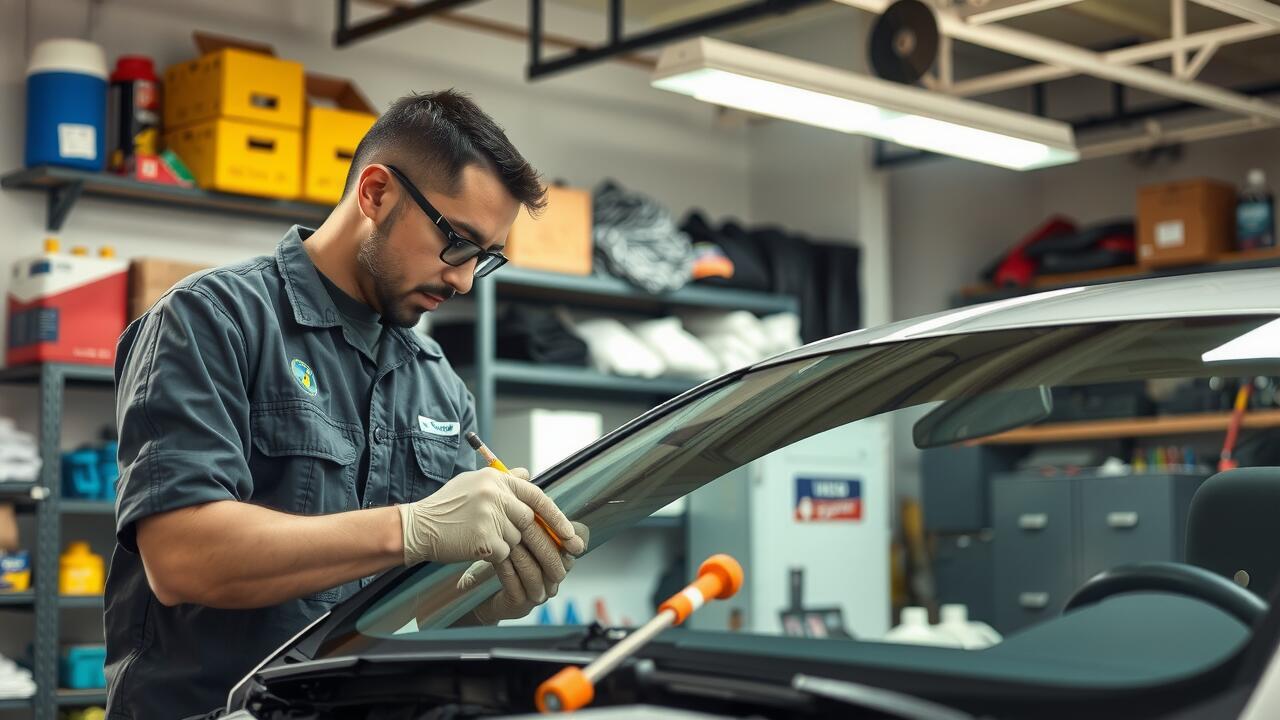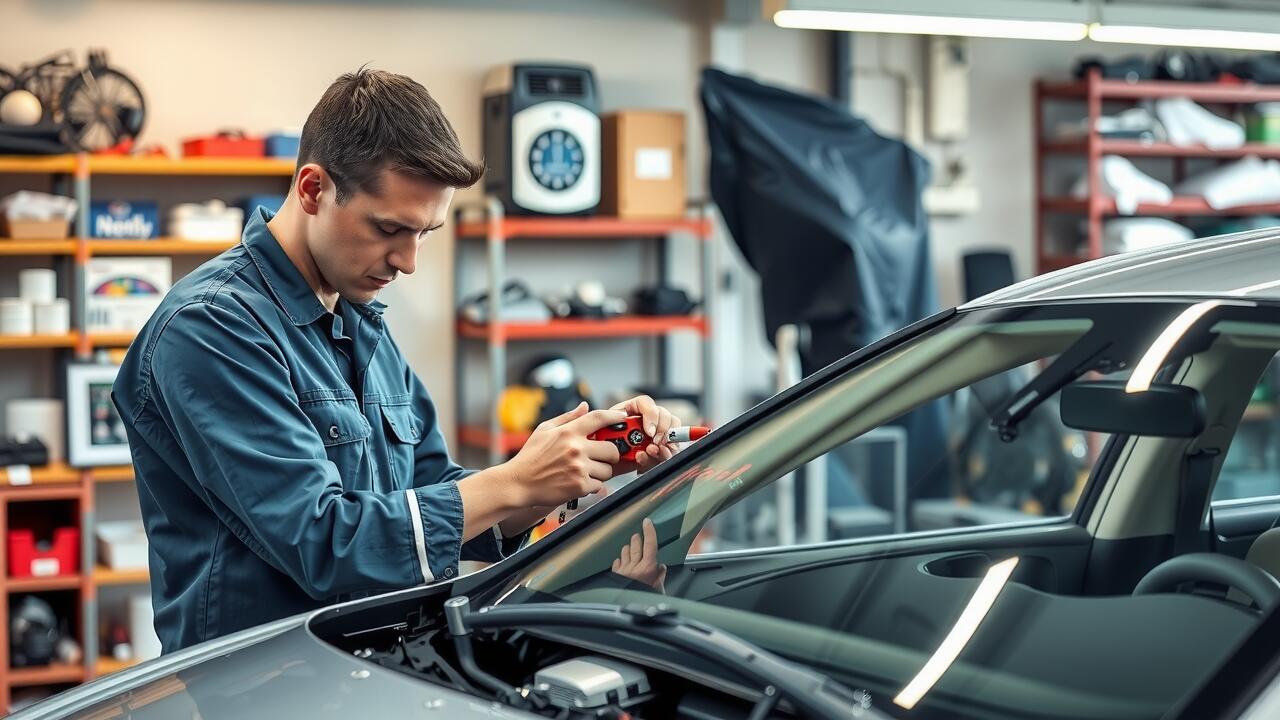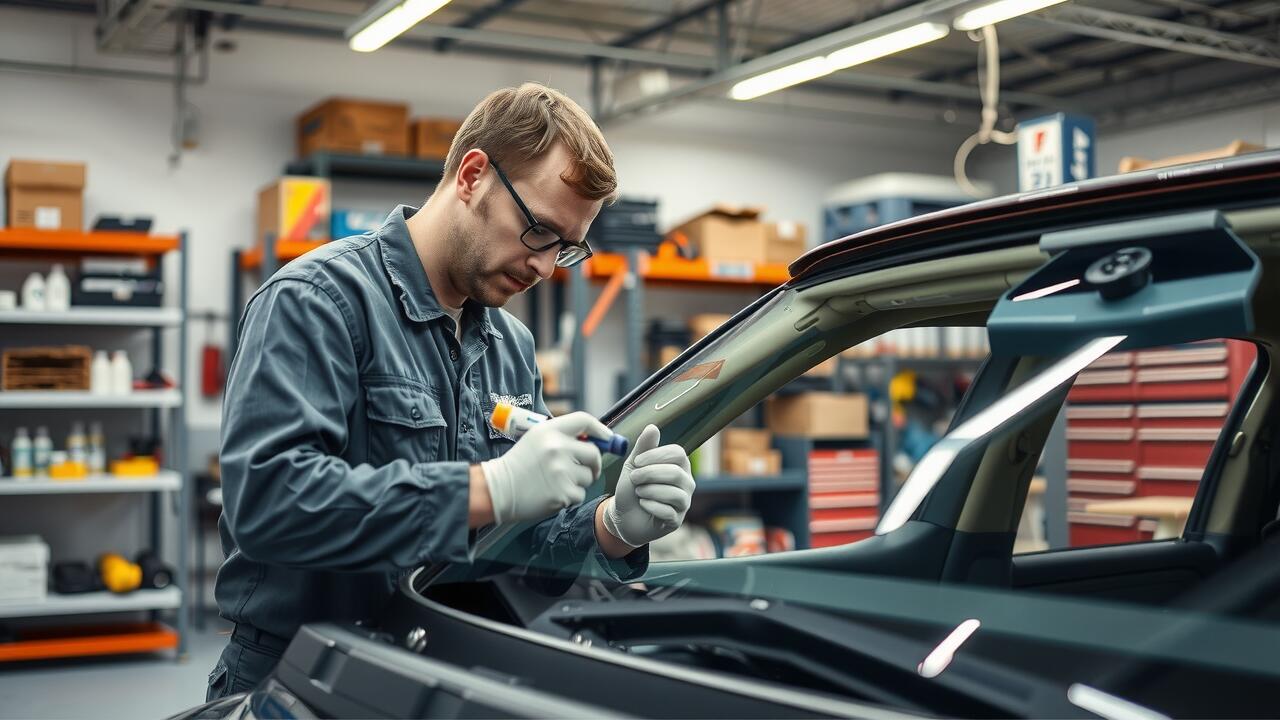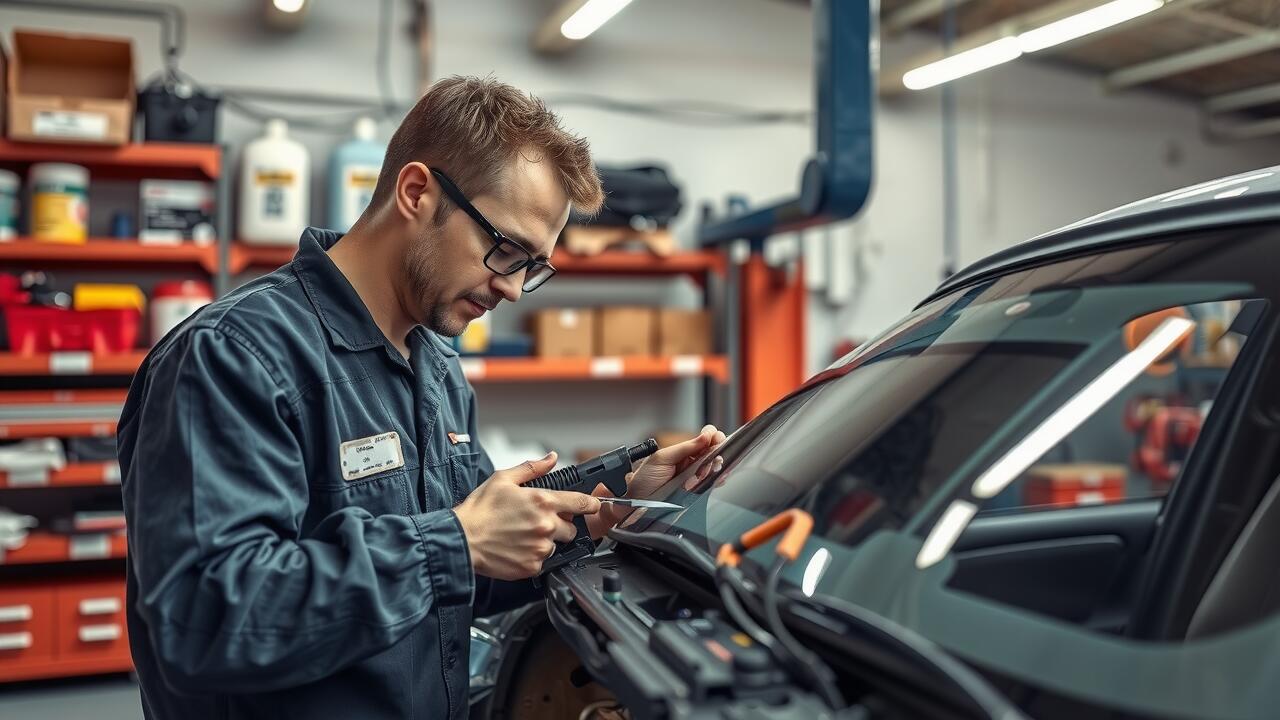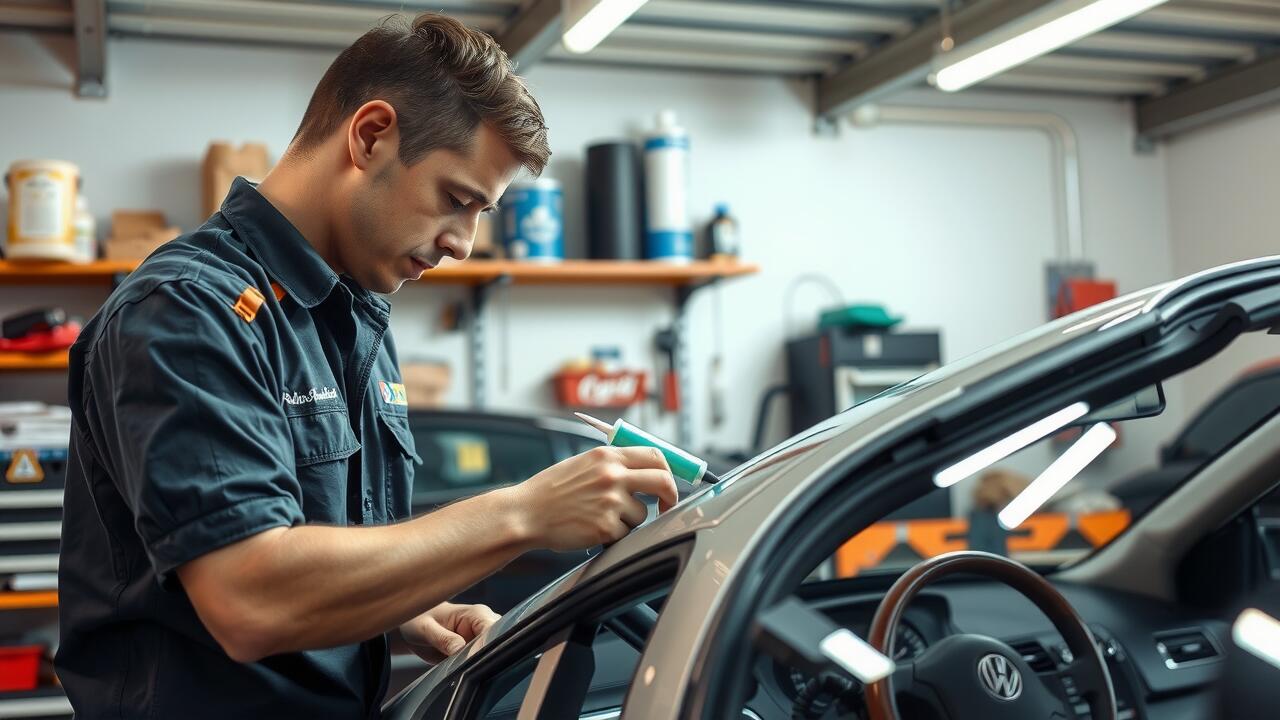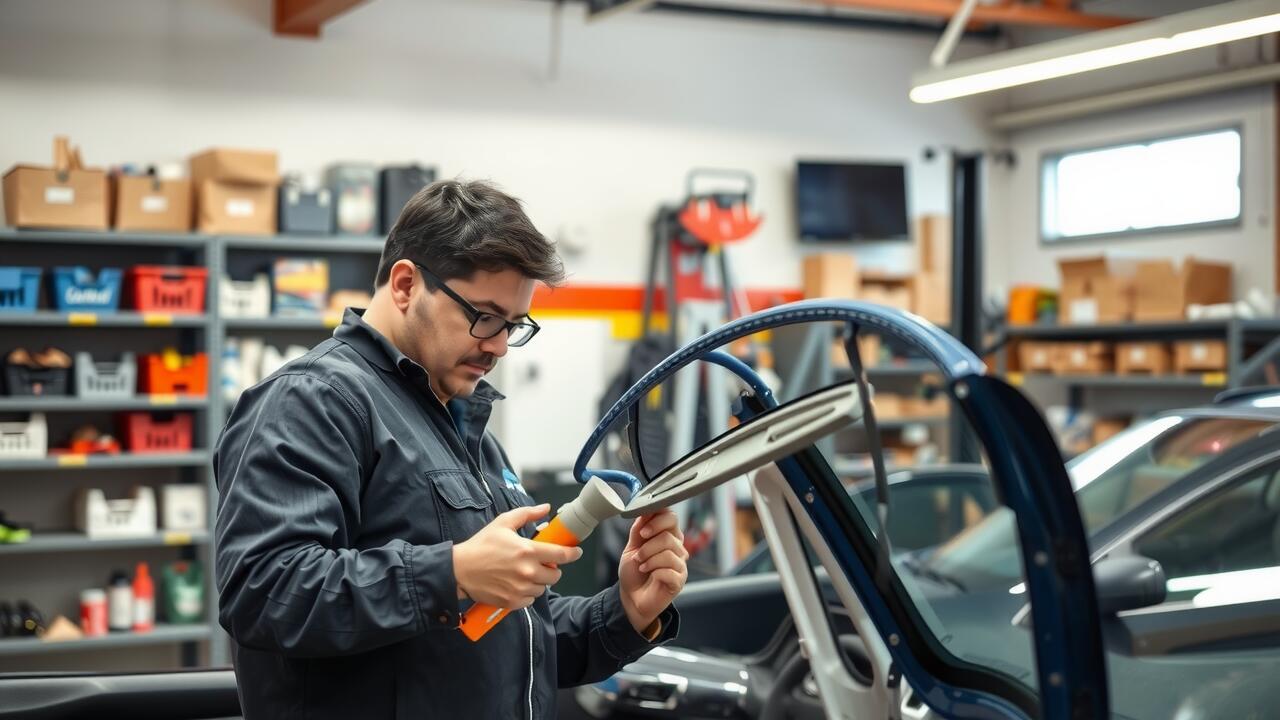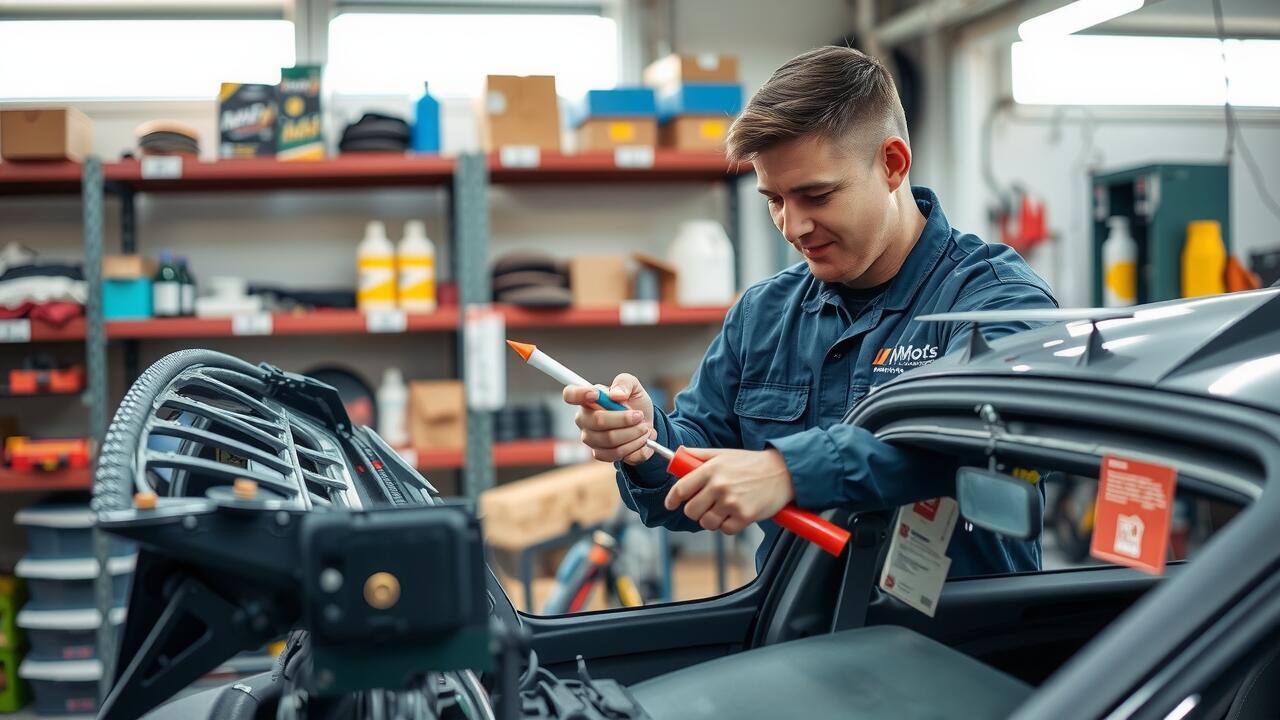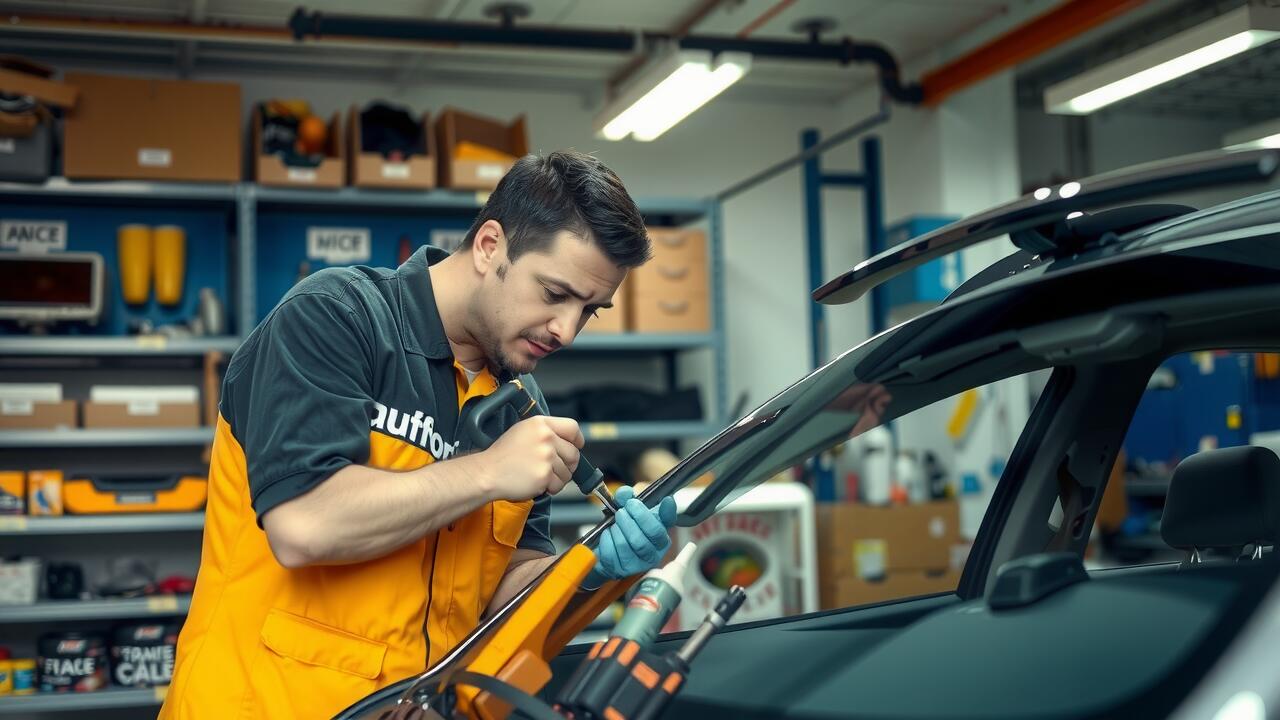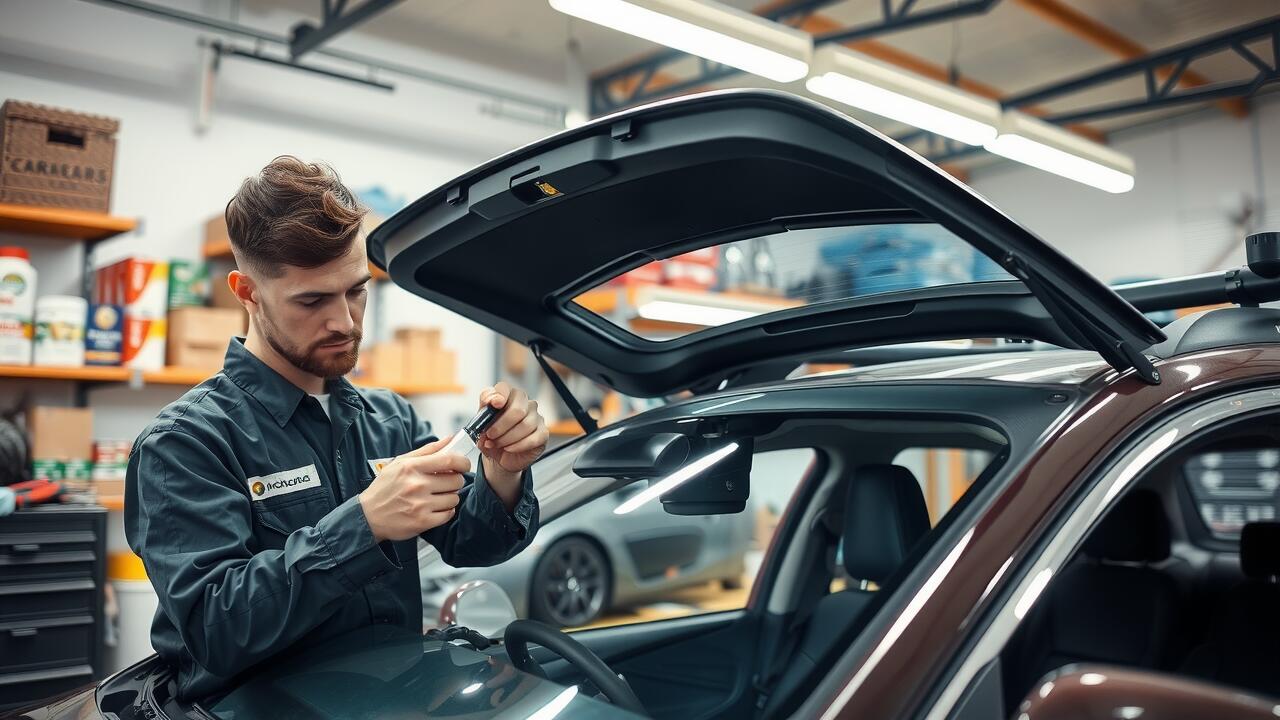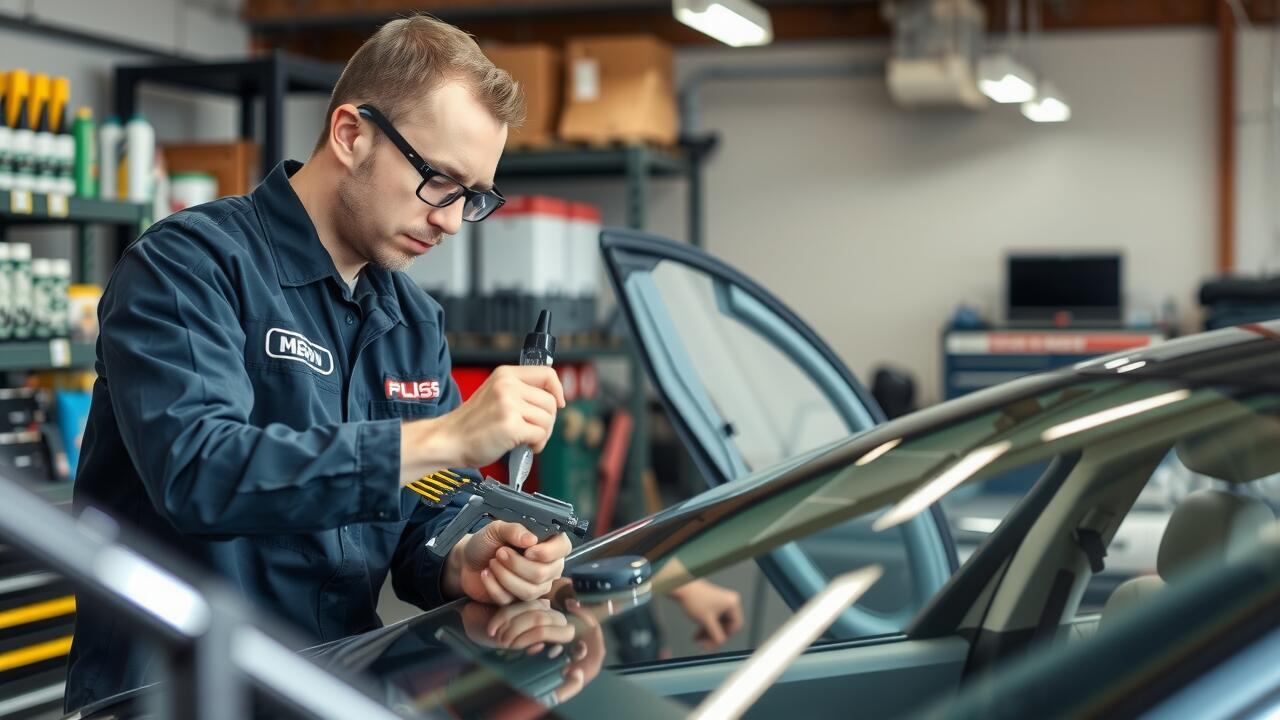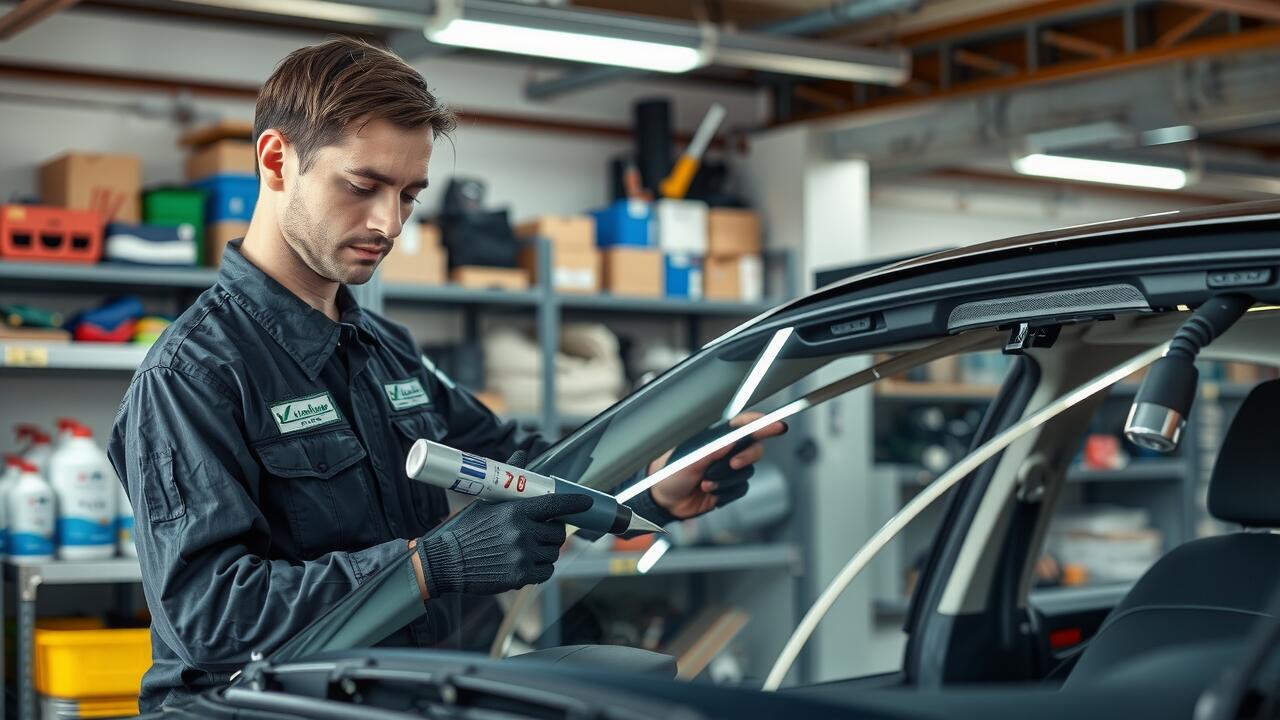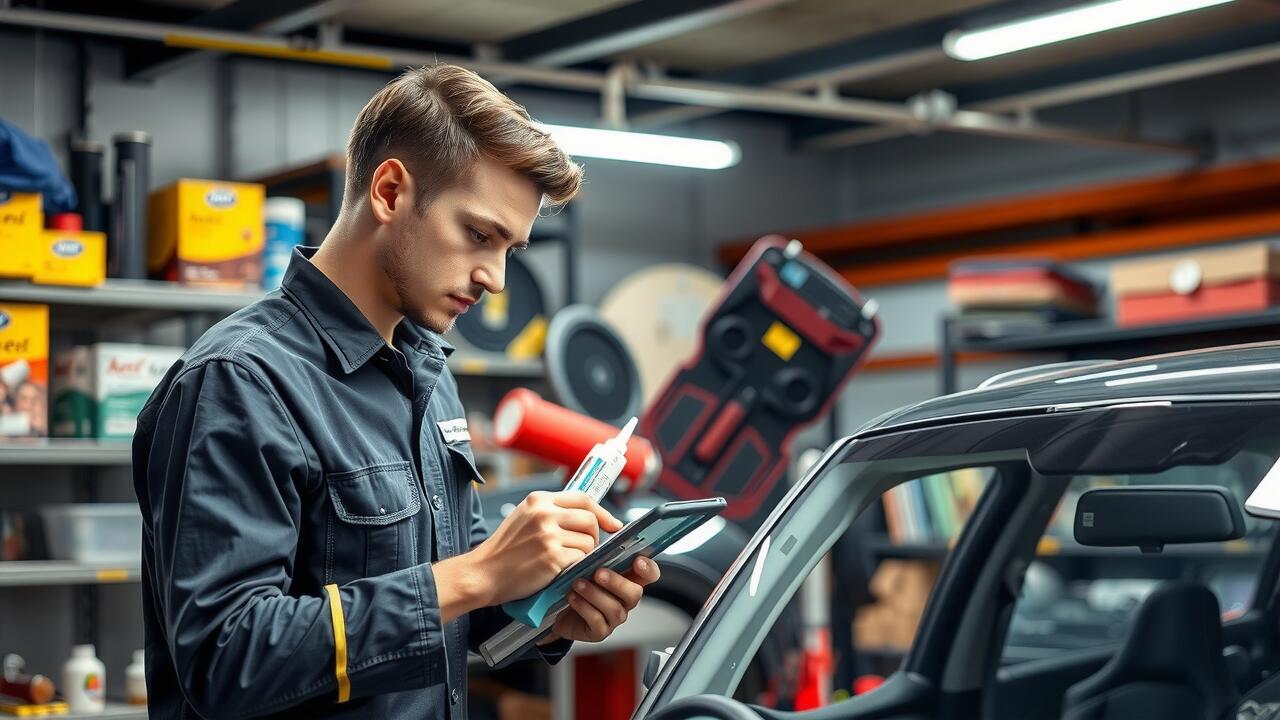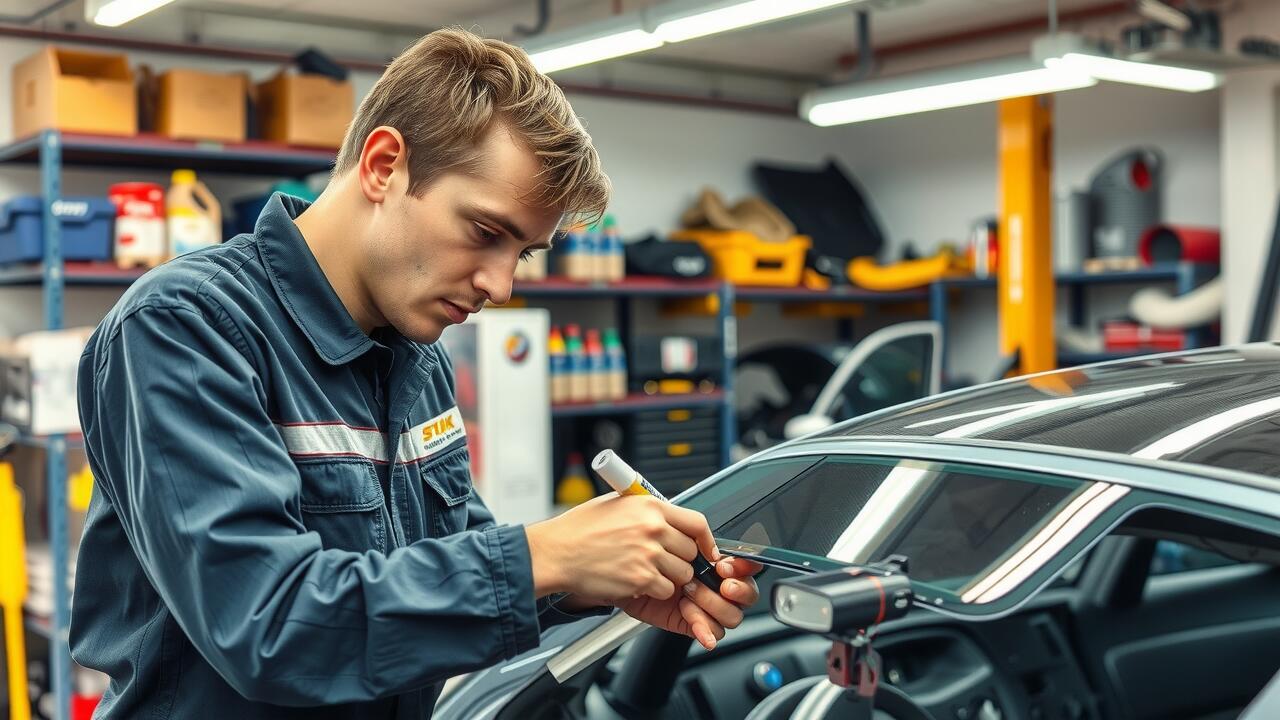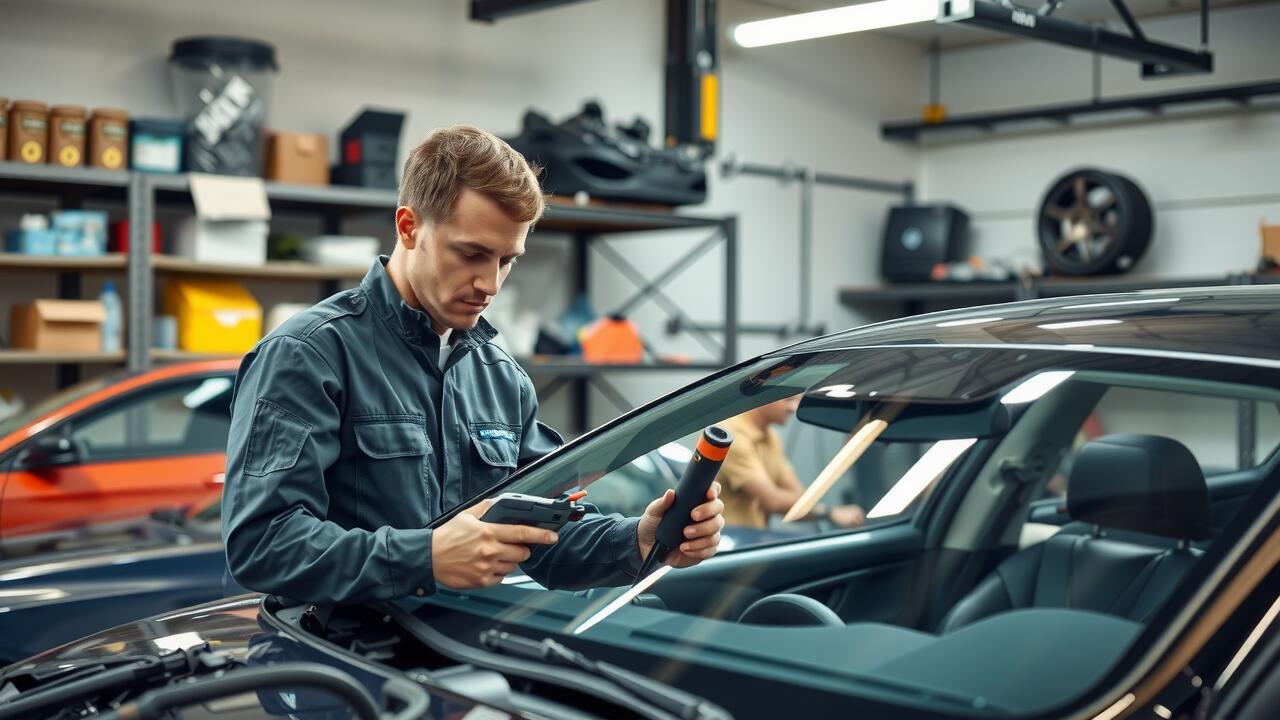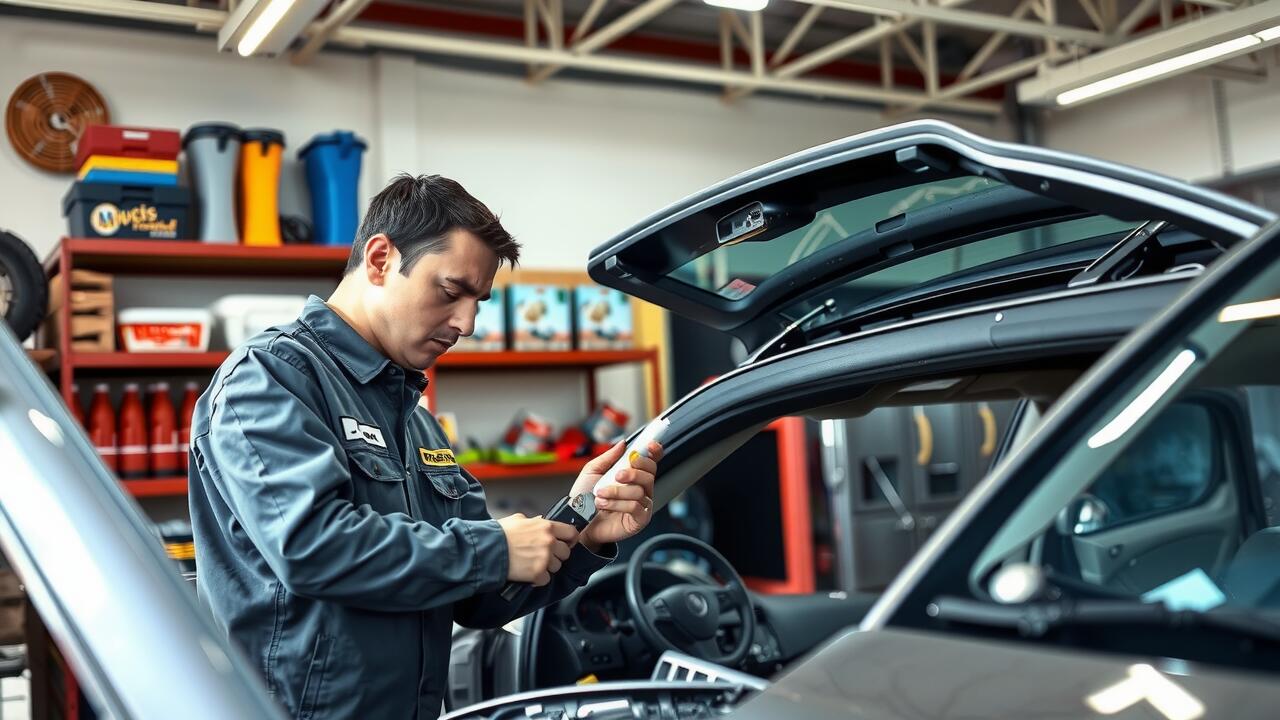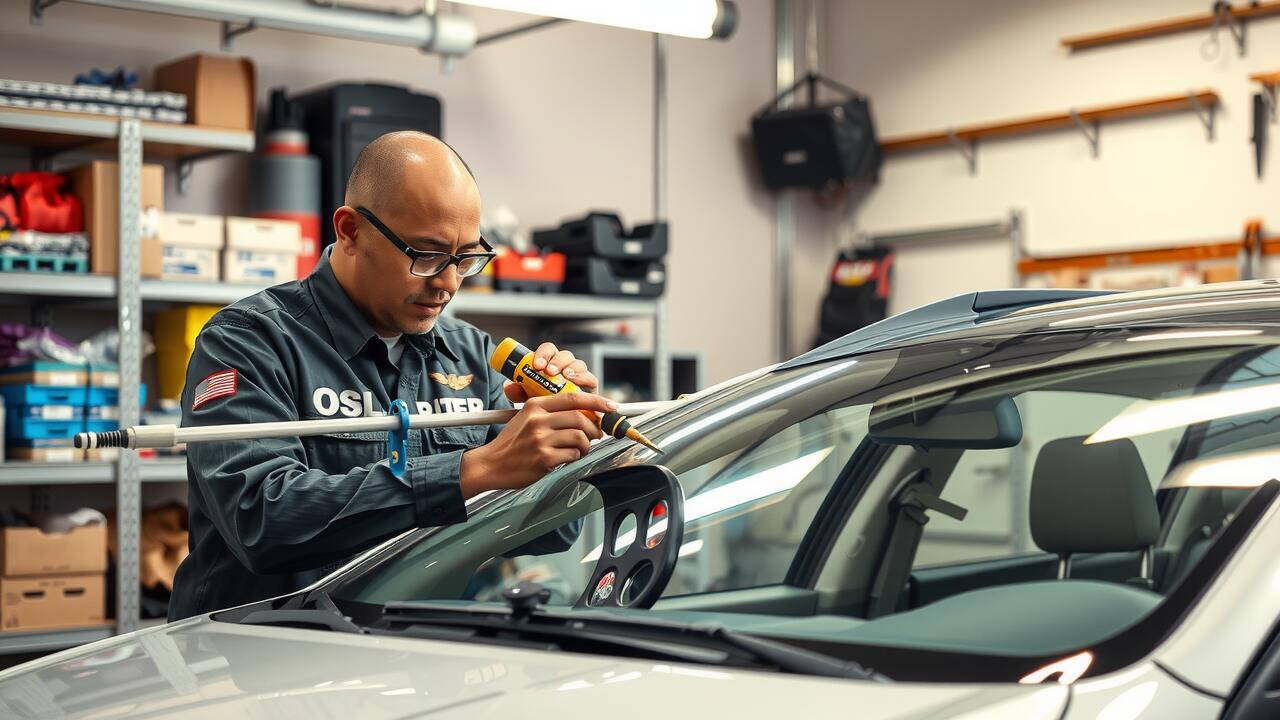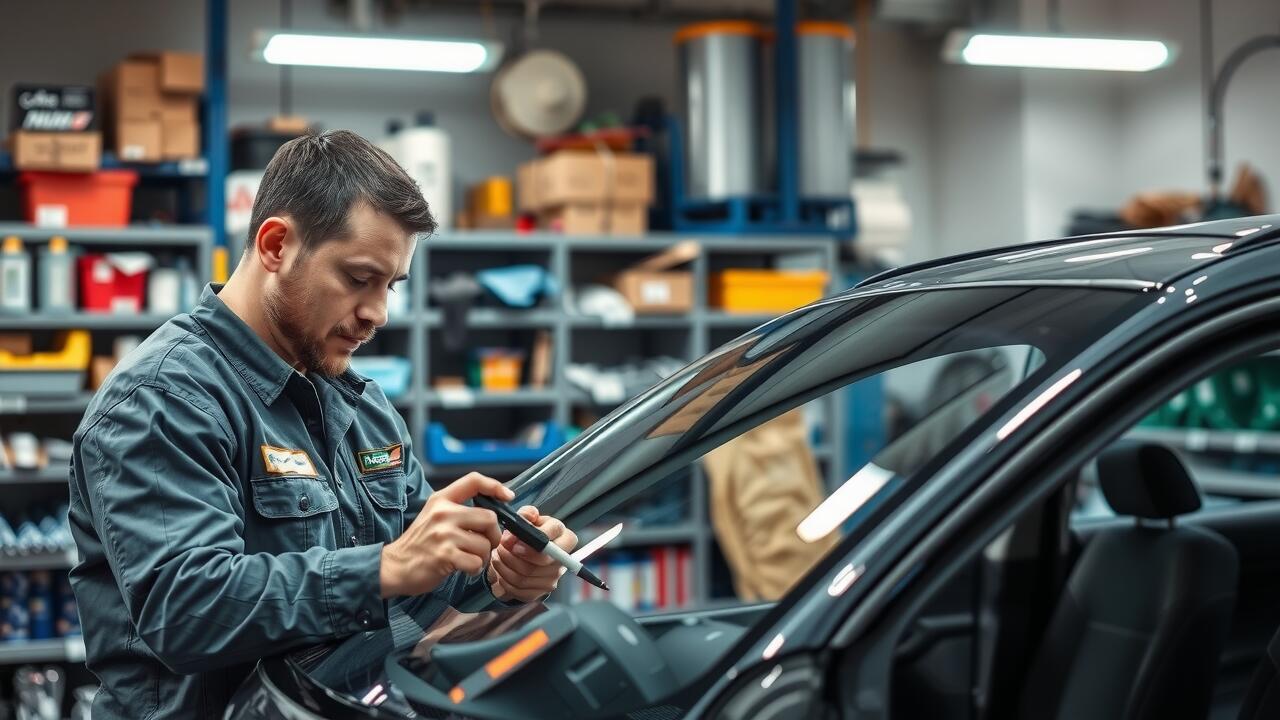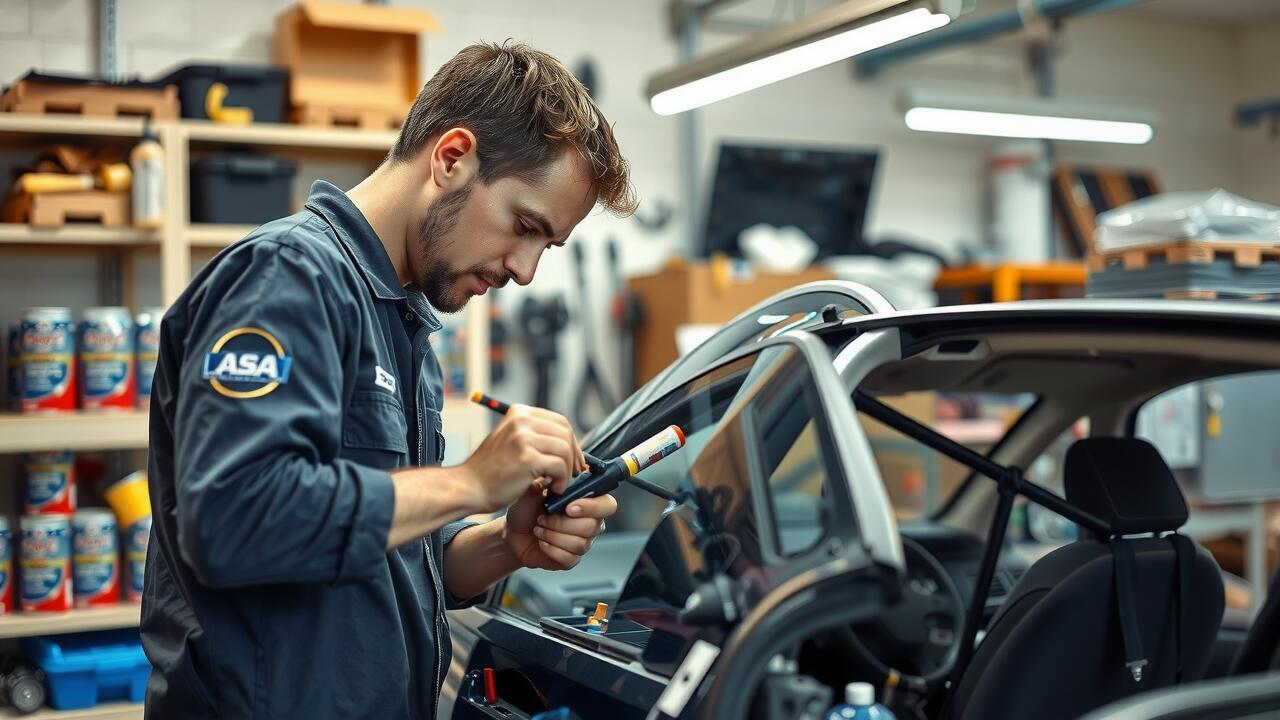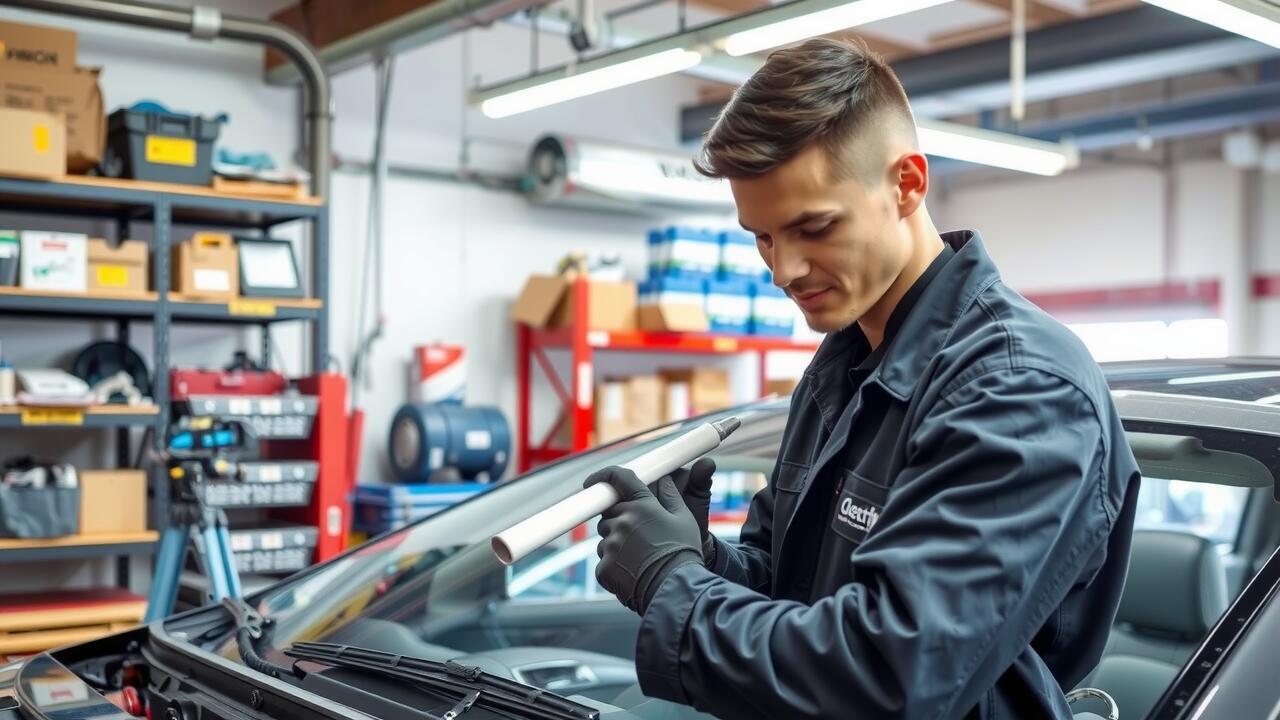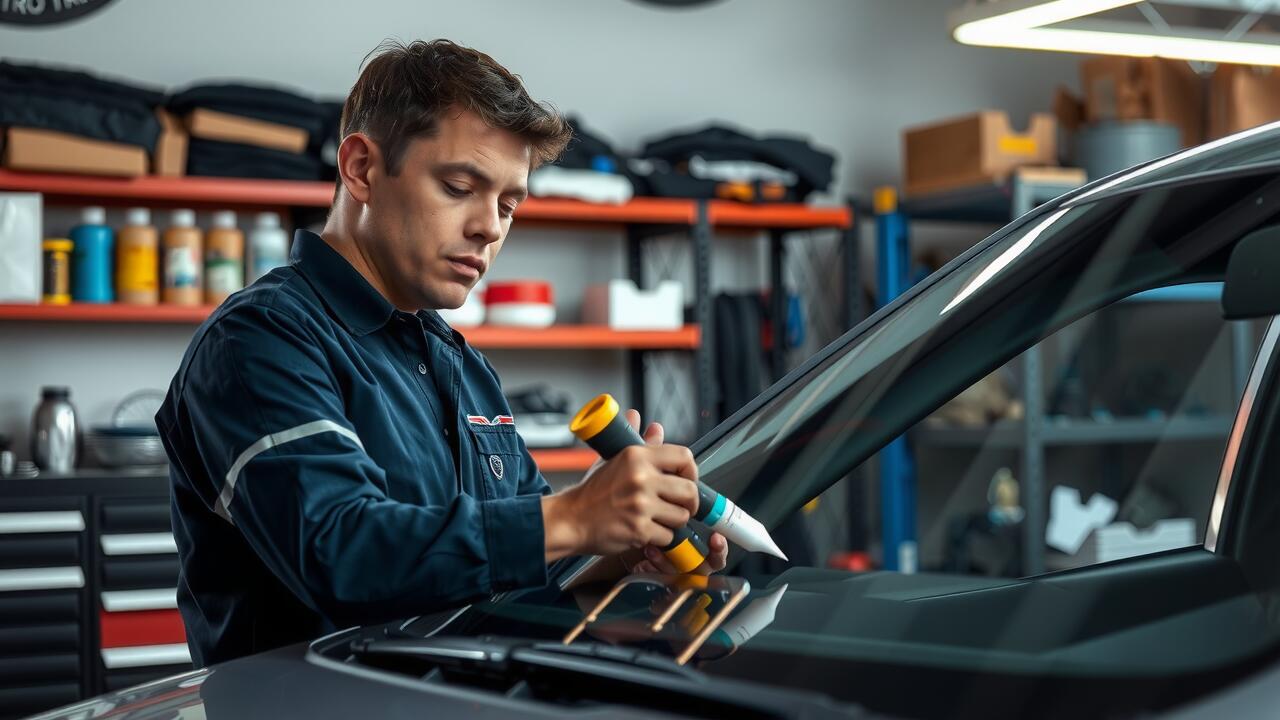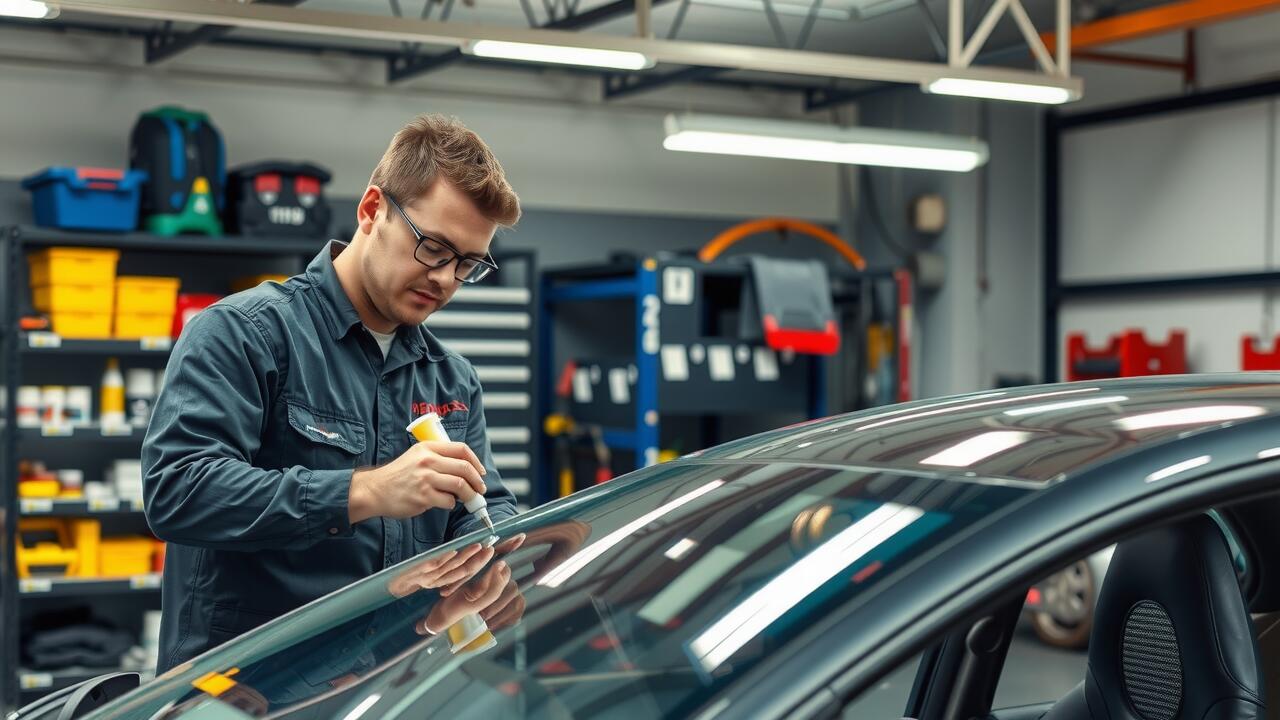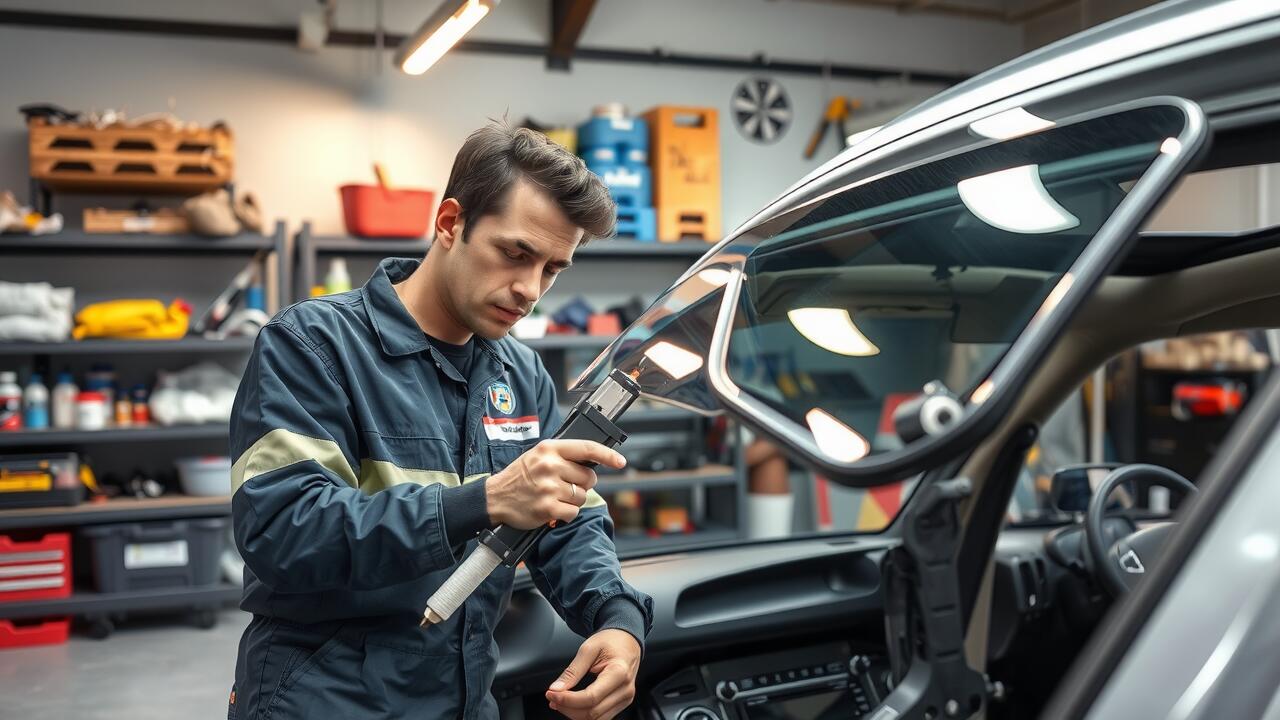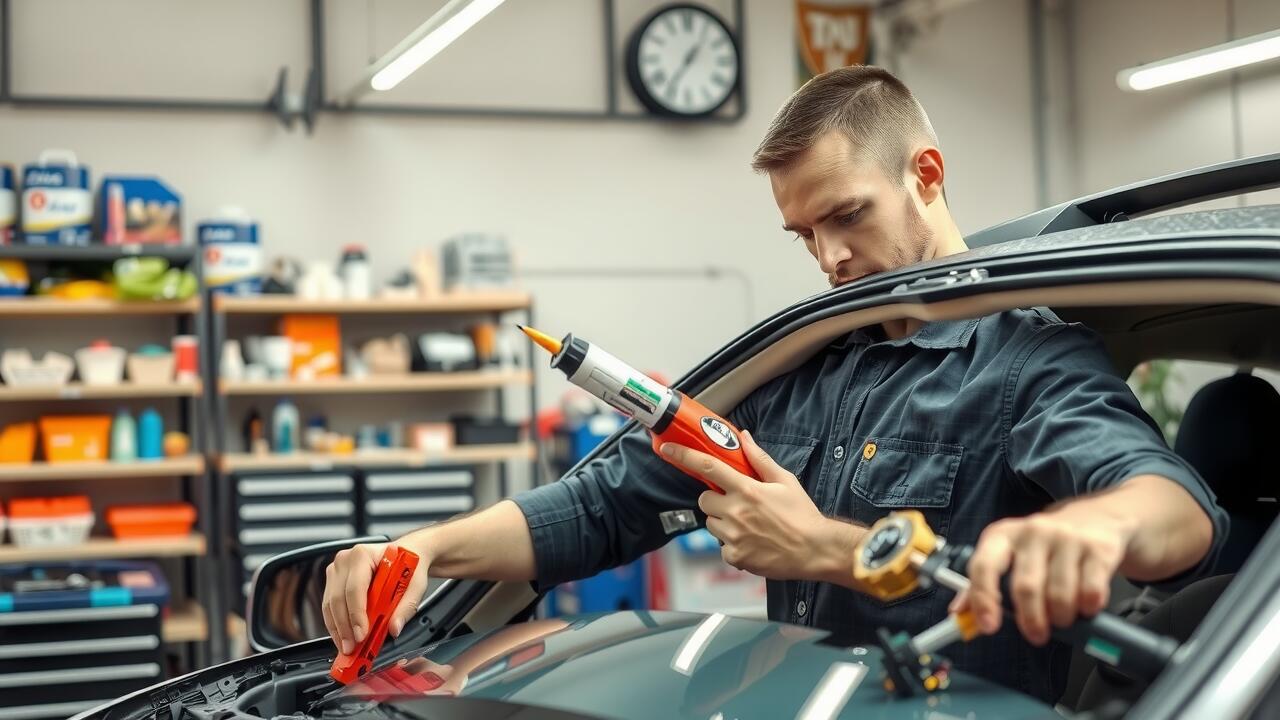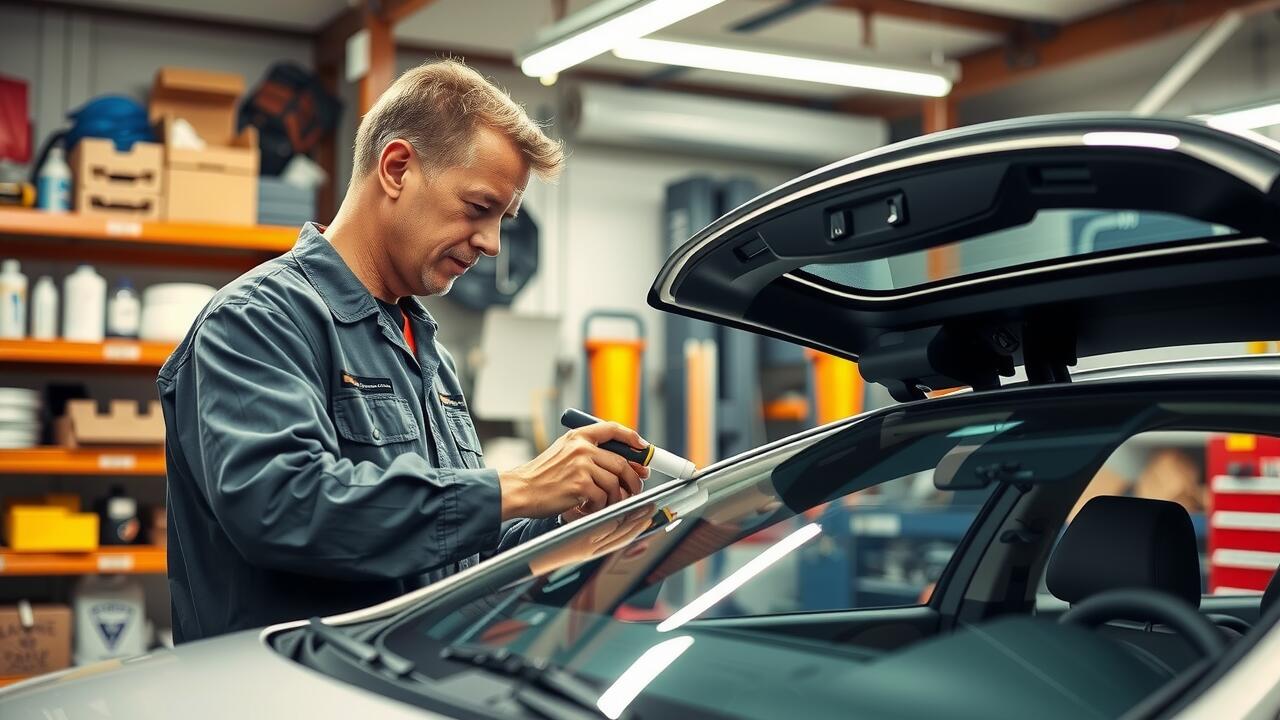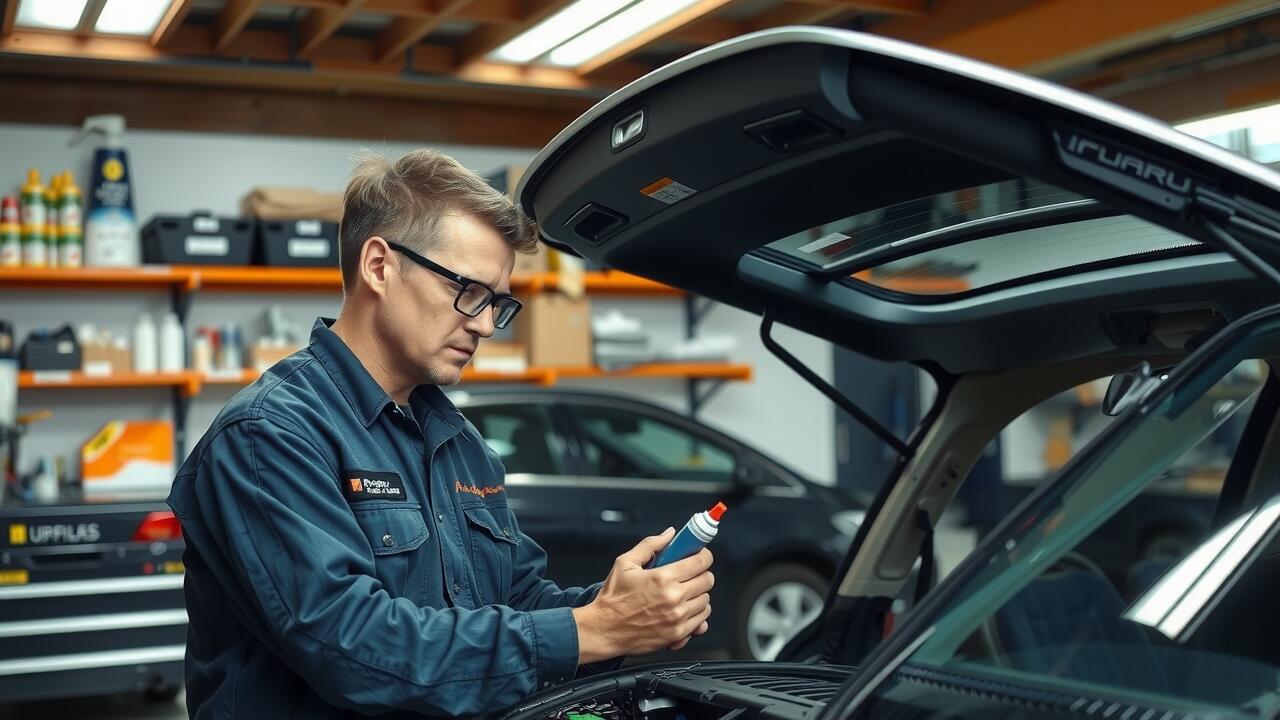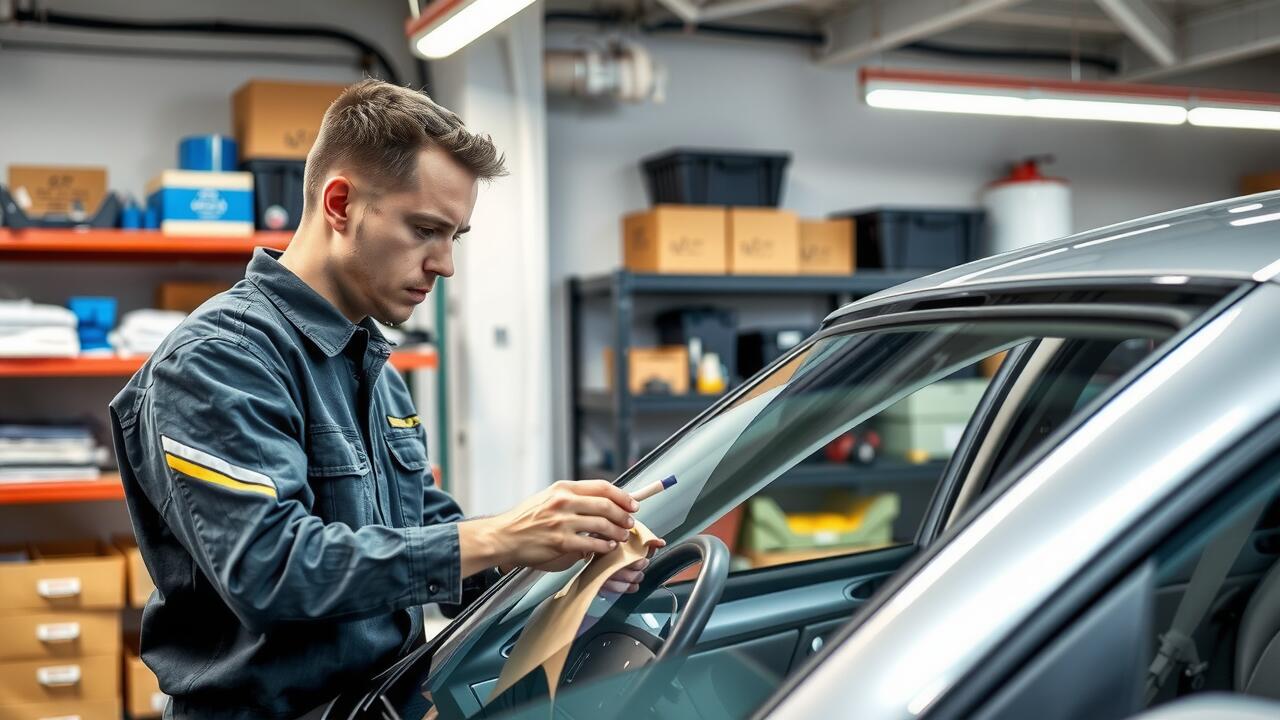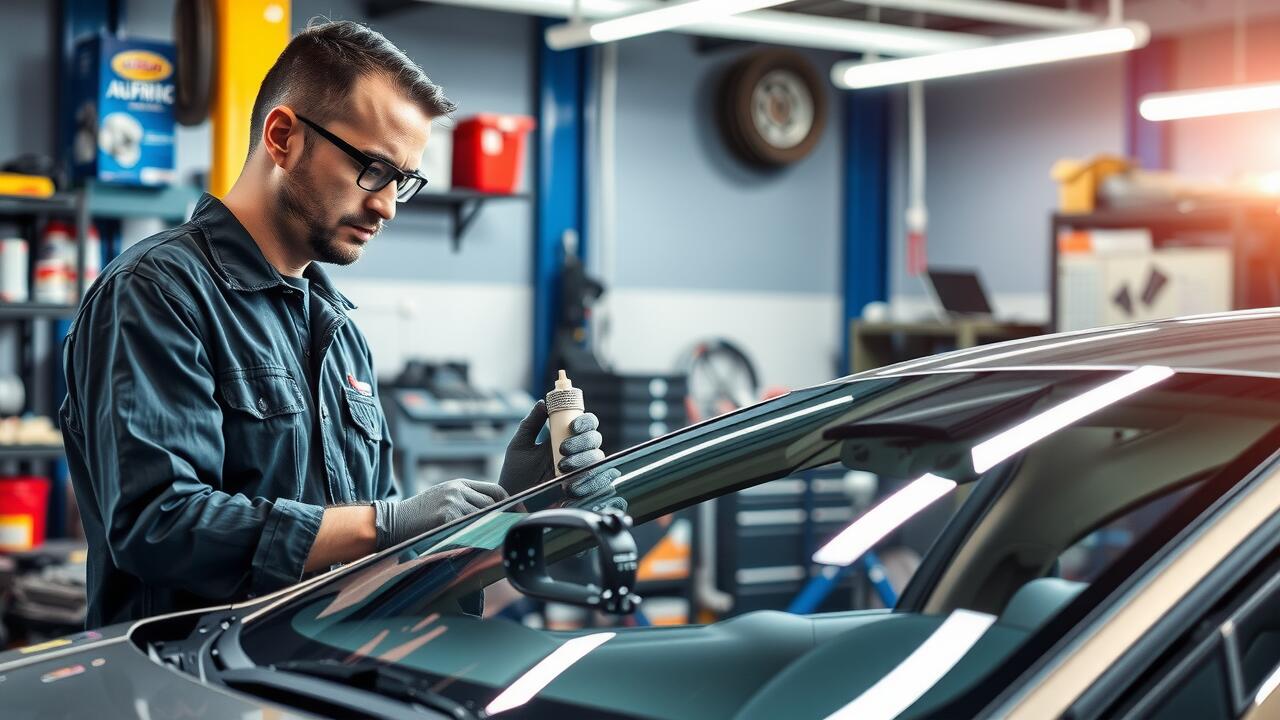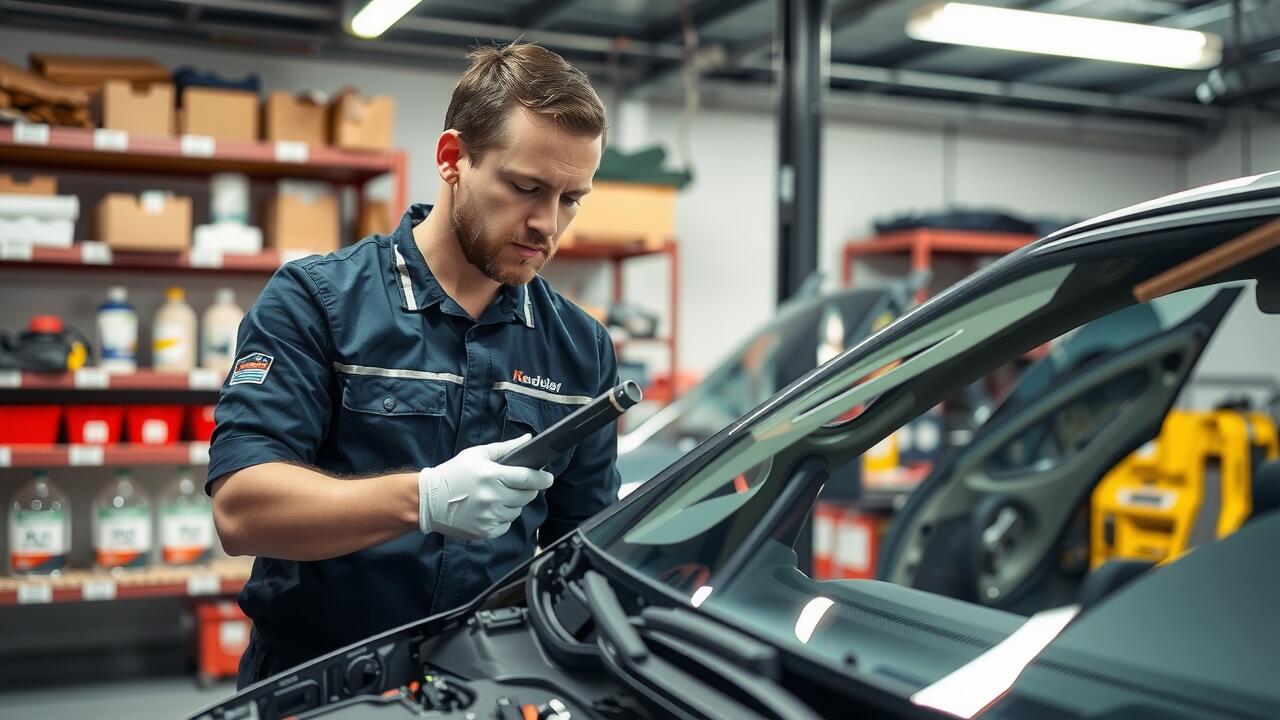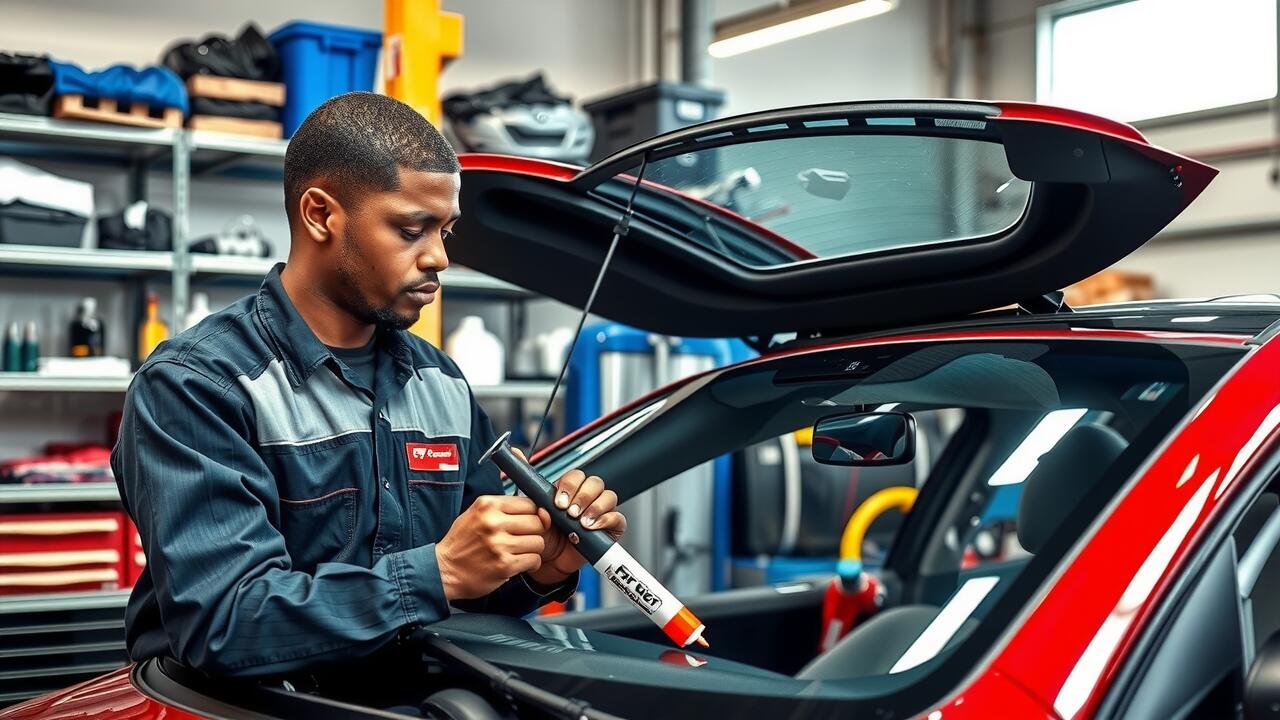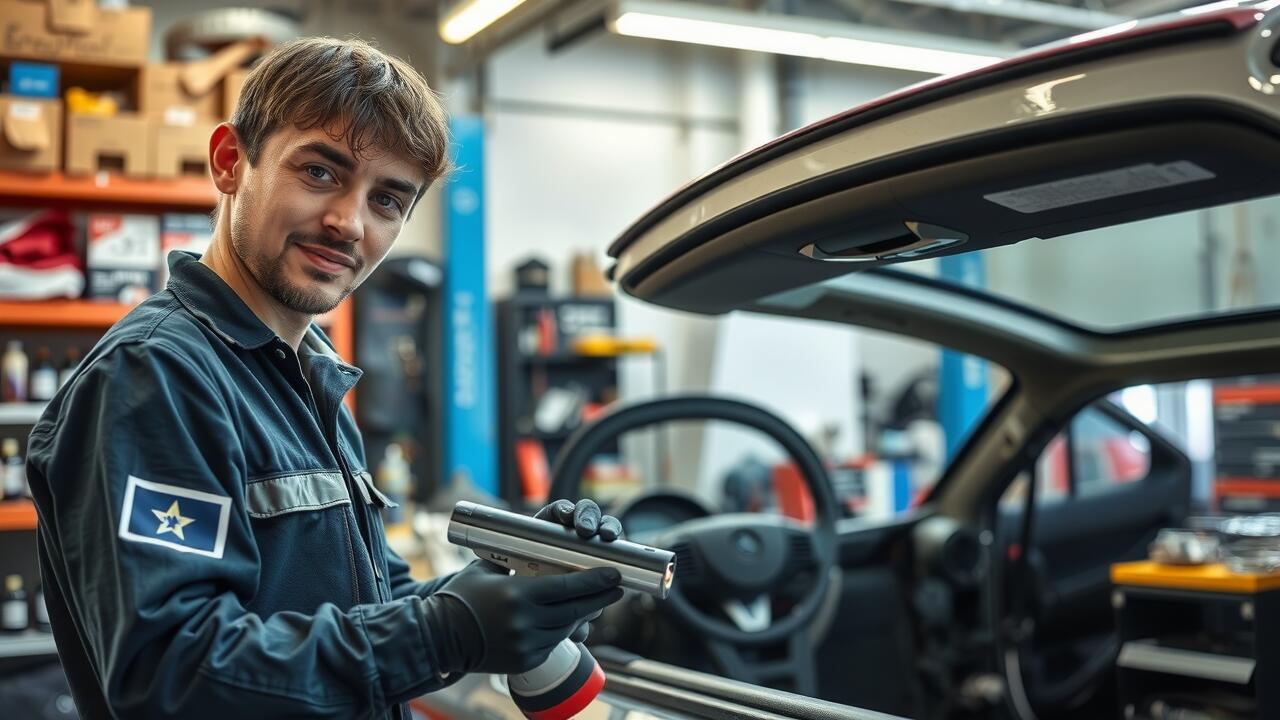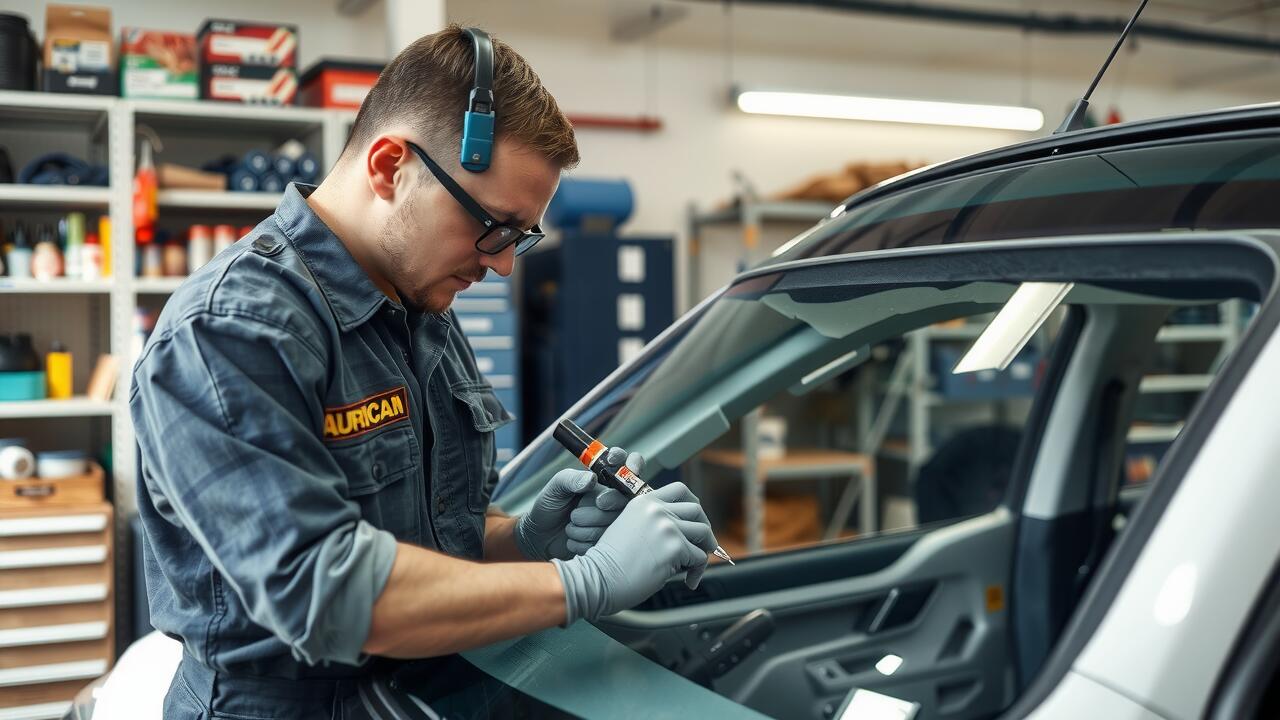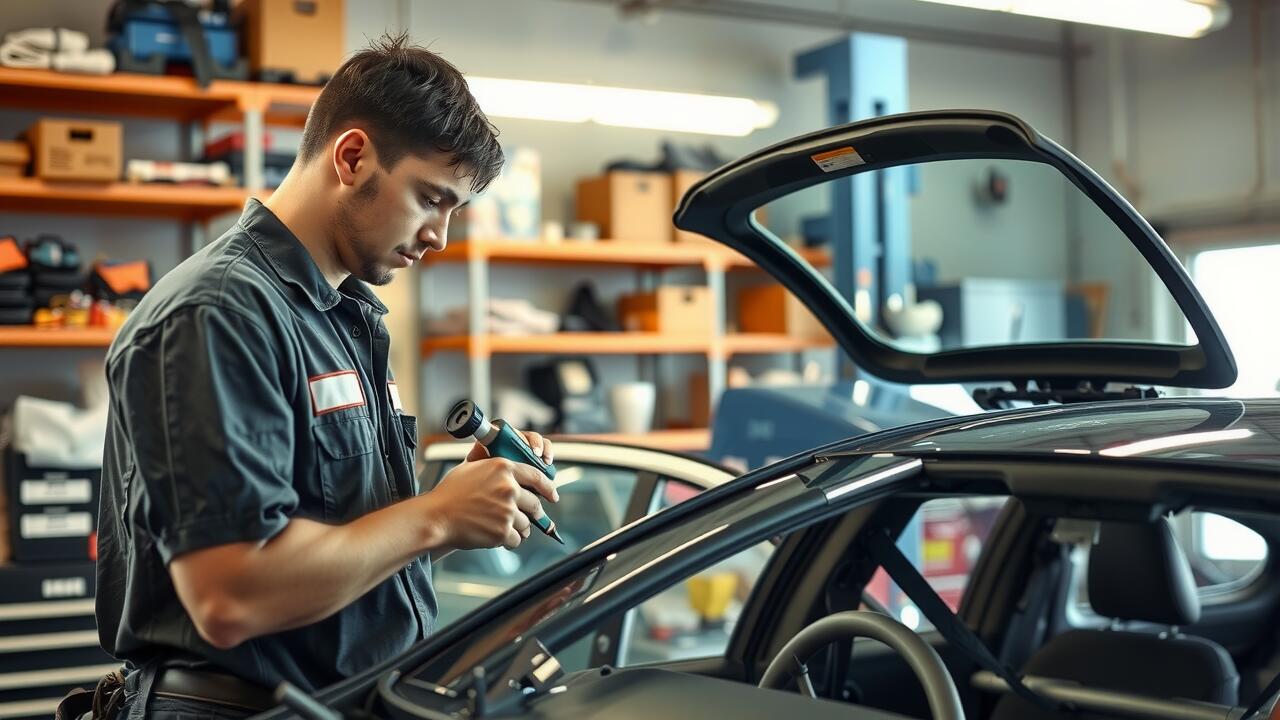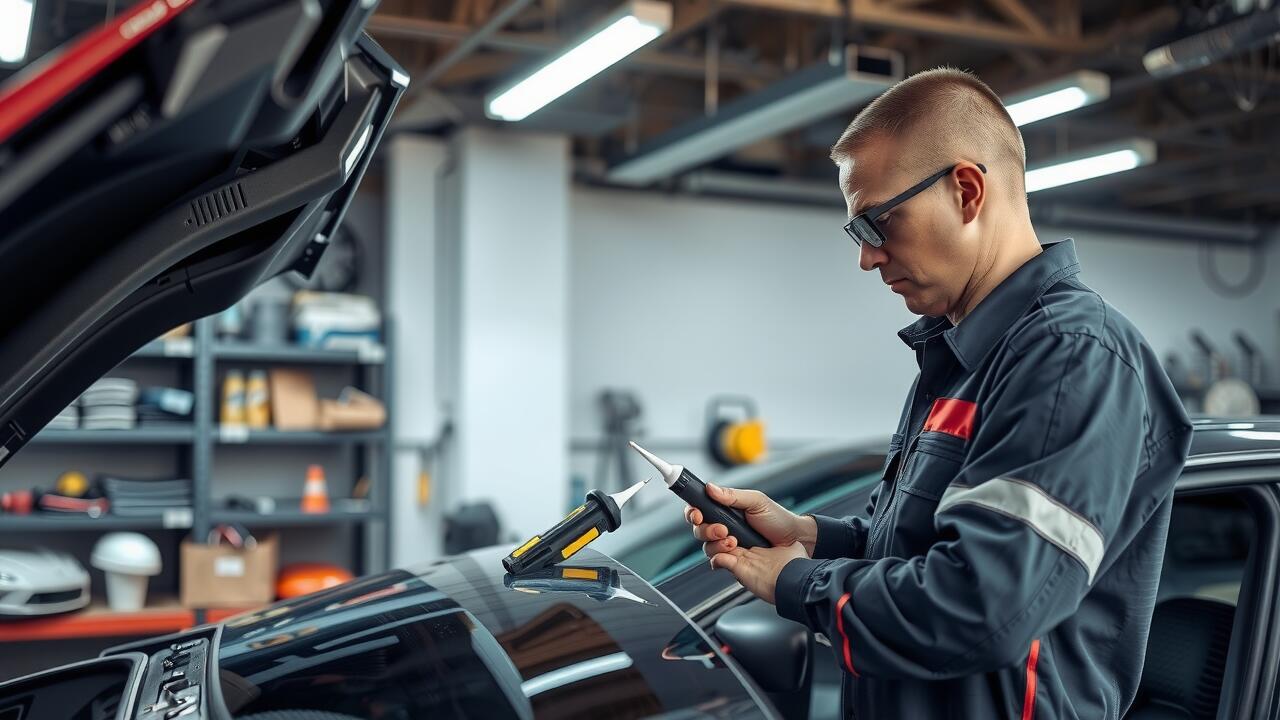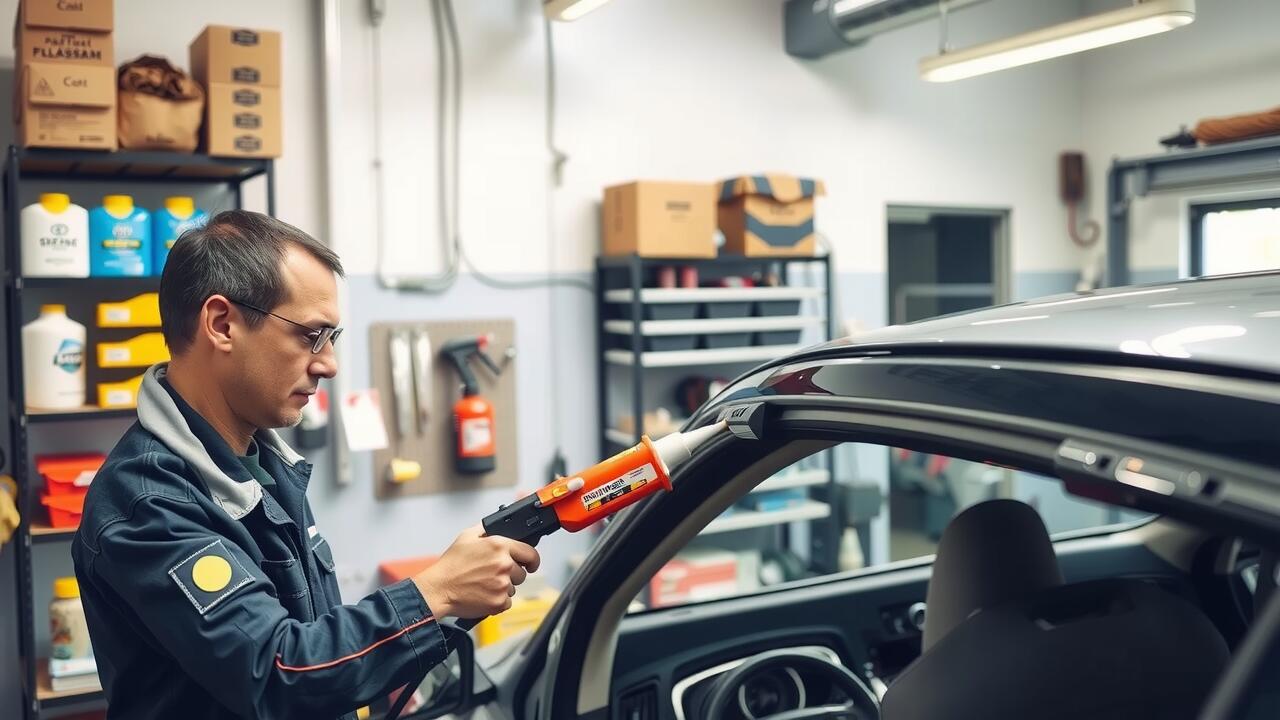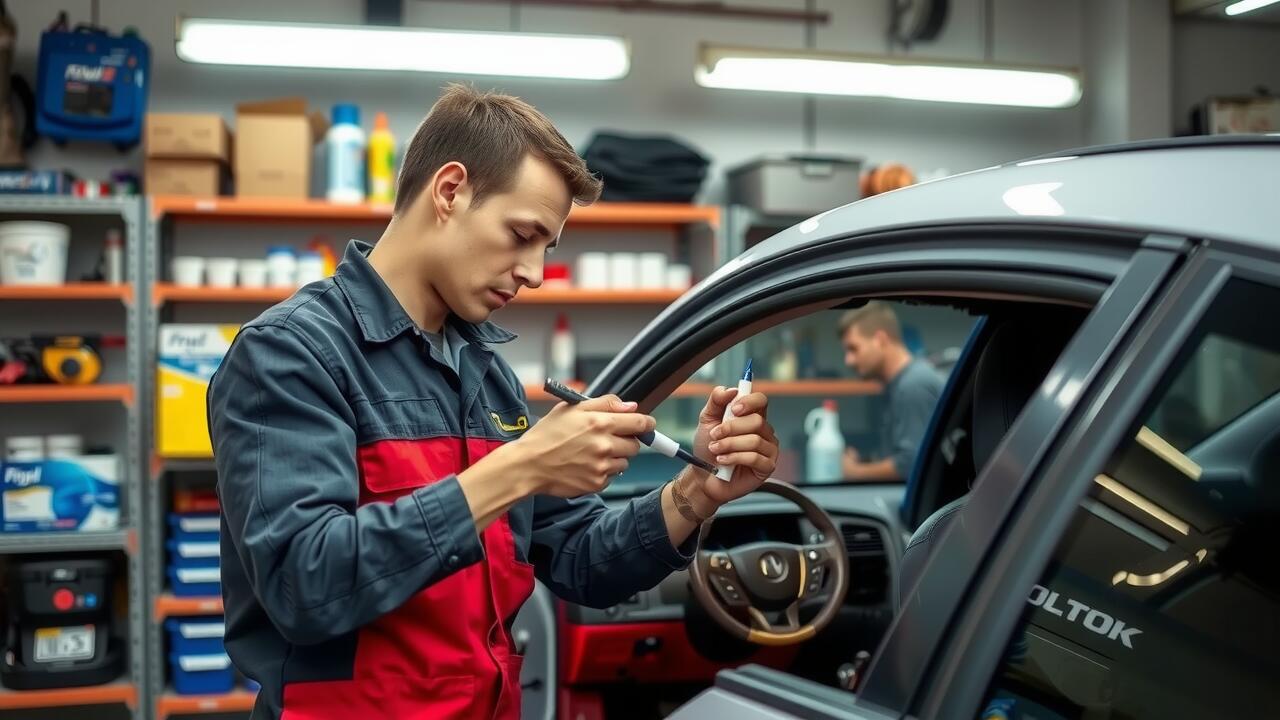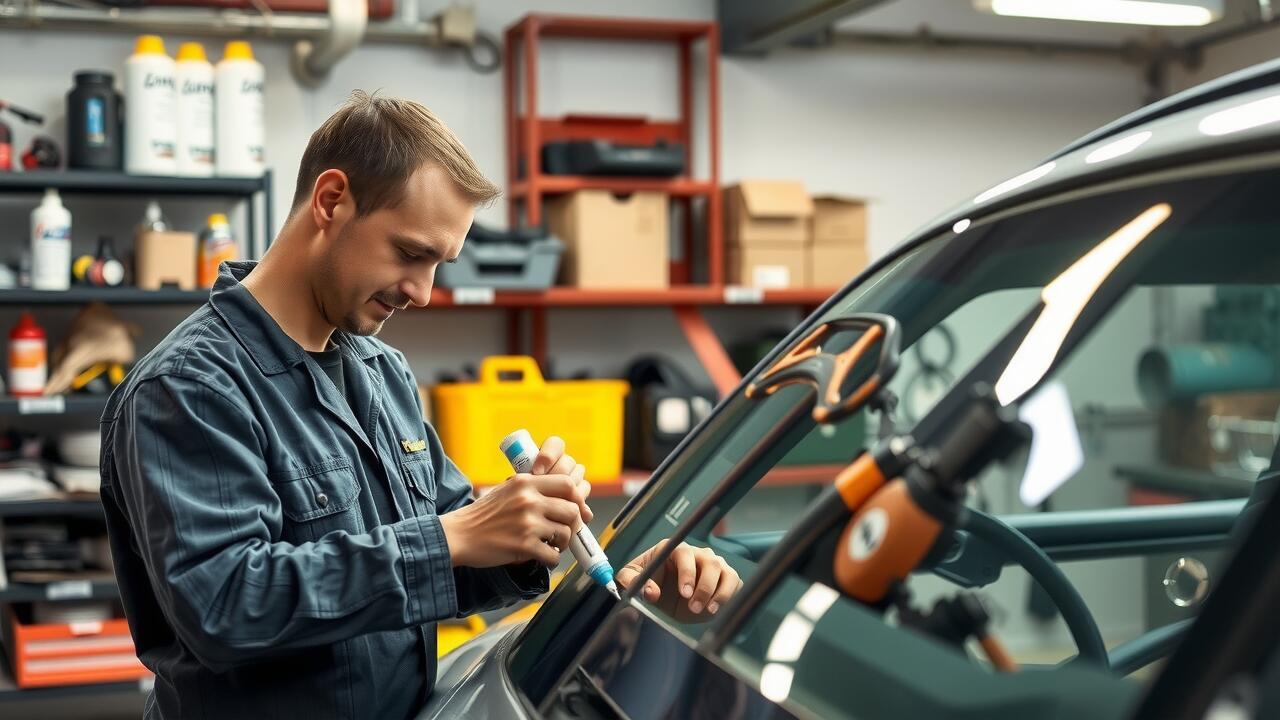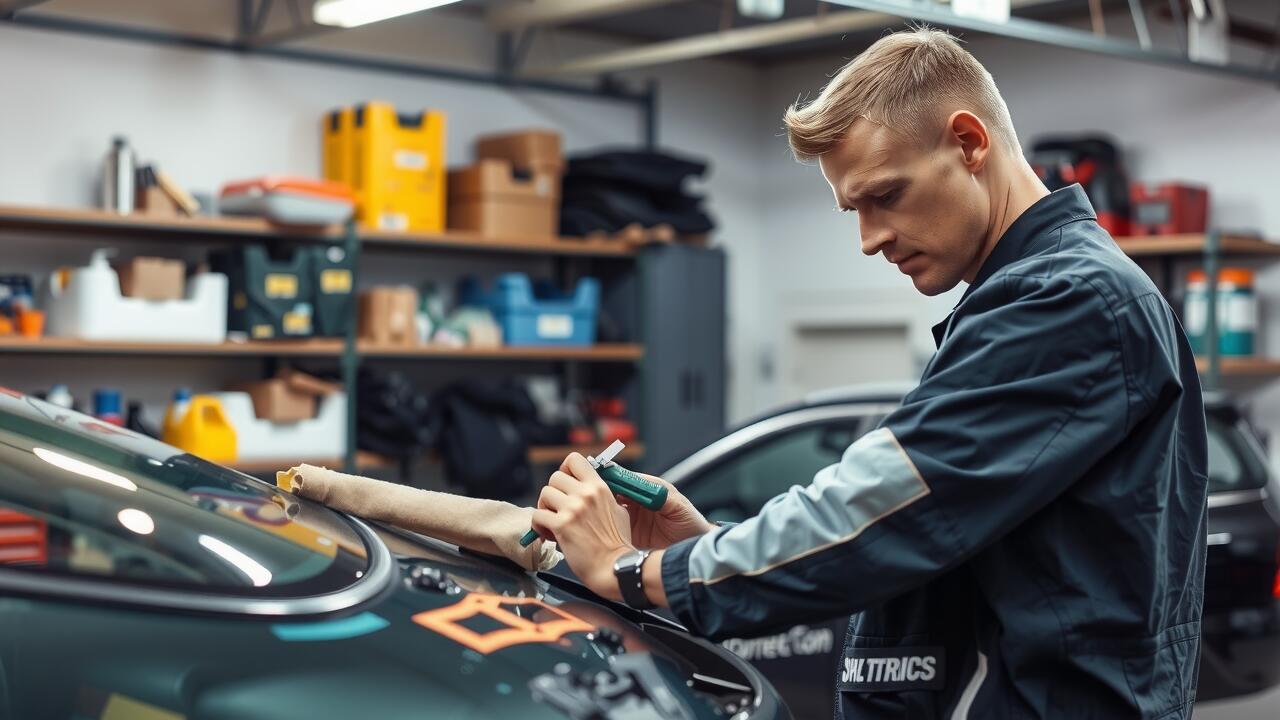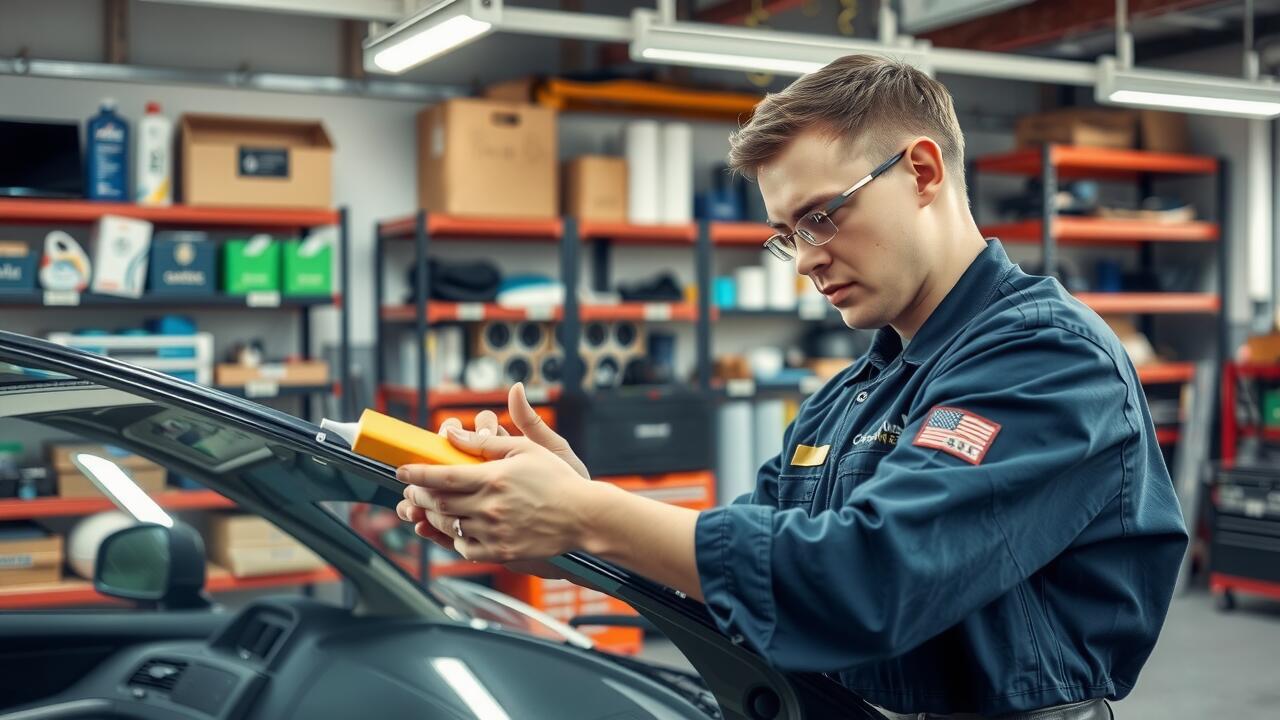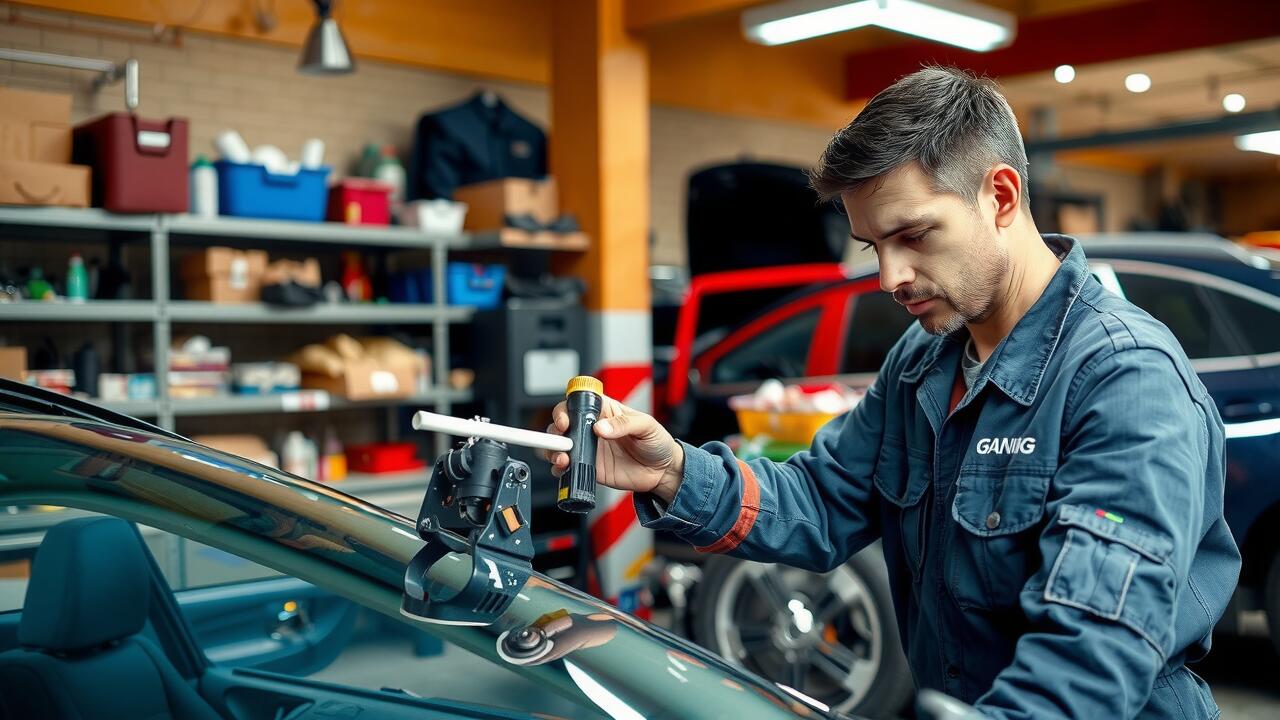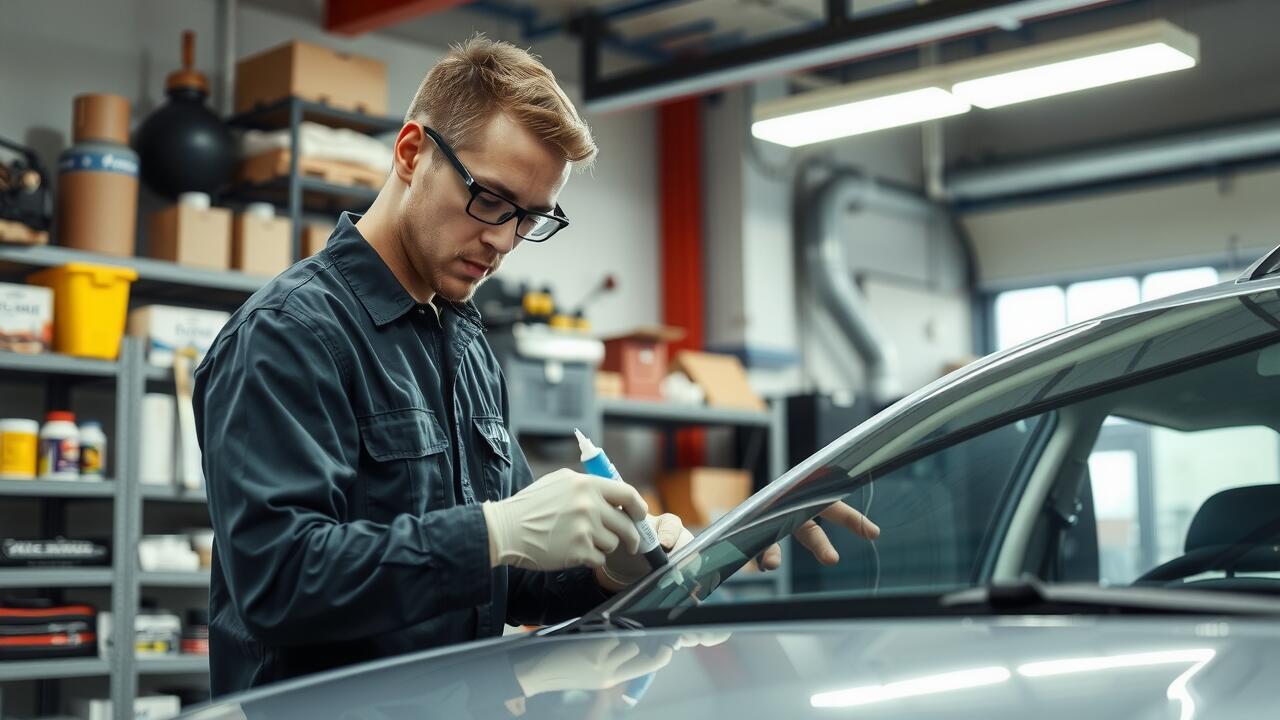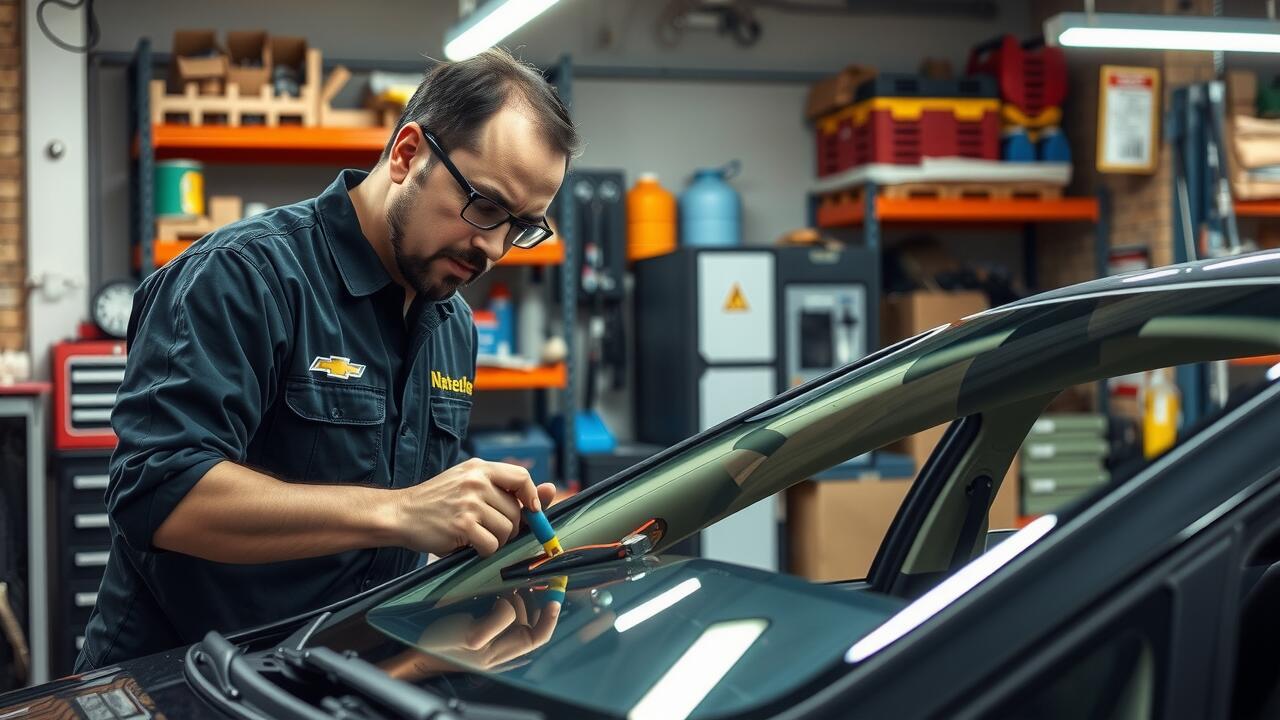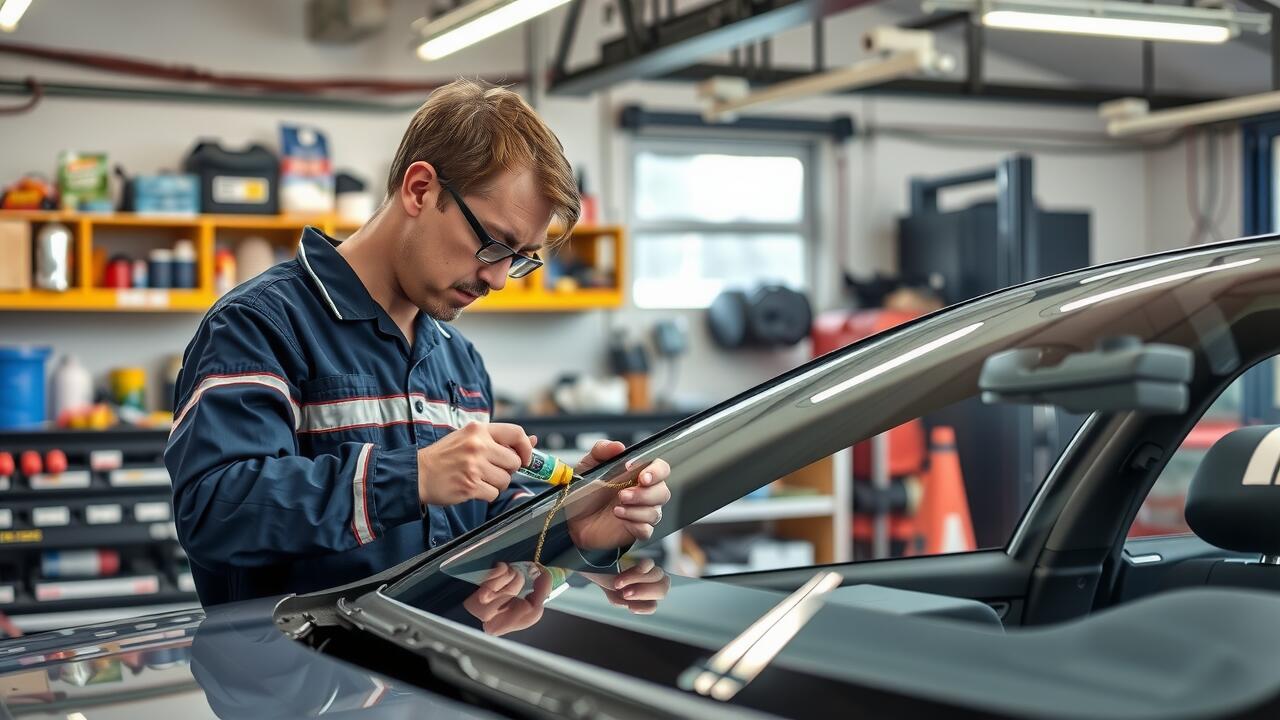
Table Of Contents
Effects on Vehicle Warranty
Installing an aftermarket sunroof can significantly impact a vehicle's warranty. Many manufacturers specify that modifications to the vehicle can void existing warranties, particularly if those alterations affect key safety features or structural integrity. Car owners considering an aftermarket installation should carefully review their warranty terms to understand the potential risks. Consulting with the dealership or a qualified professional is advisable before proceeding with any modifications.
For those who may consider needing repairs after installing an aftermarket sunroof, searching for "Sunroof Replacement Near me" will yield local service options. Choosing reputable installers familiar with manufacturer guidelines can help mitigate warranty issues. If a poorly executed installation does lead to warranty claims being denied, the costs for repairs or replacements may fall squarely on the vehicle owner.
Understanding Manufacturer Policies
Each vehicle manufacturer has specific policies regarding modifications, including the installation of aftermarket sunroofs. Often, these modifications can affect the validity of warranties. If an aftermarket sunroof is installed and subsequently causes issues, manufacturers may refuse to cover repairs under the original warranty. It is essential for vehicle owners to thoroughly review their warranty documentation and check with local dealers to understand how such changes might impact their coverage.
The installation of an aftermarket sunroof does not necessarily mean a total voiding of warranty for the vehicle. However, manufacturers may stipulate certain conditions under which warranty claims can still be honoured. For those considering modifications, searching for "Sunroof Replacement Near me" can lead to professional services that understand local regulations and warranty implications. Therefore, ensuring that any modifications are carried out by certified technicians can help mitigate risks associated with warranty claims.
Performance in Crashes
The performance of aftermarket sunroofs in crash scenarios can be a point of concern for vehicle owners. While factory-installed sunroofs undergo rigorous testing to meet industry safety standards, aftermarket options may not follow the same stringent protocols. In the event of a collision, the structural integrity of an aftermarket sunroof might be compromised more readily than that of a factory model, potentially increasing the risk of injury to occupants.
Crash test ratings often reflect how well a vehicle protects its passengers during a collision. Vehicles with factory-installed sunroofs are usually evaluated as a complete system. When an aftermarket sunroof is introduced, the effectiveness of the overall vehicle's safety rating could diminish, as the installation may alter critical structural elements. Those interested in upgrading their vehicle might want to search for "Sunroof Replacement Near me" to explore safer, professionally-installed options that align more closely with manufacturer specifications.
Aftermarket Sunroofs and Crash Test Ratings
Crash test ratings provide valuable insights into the safety performance of vehicles during collisions. When it comes to aftermarket sunroofs, the situation can be more complex. Unlike factory-installed sunroofs, which are tested as part of the original vehicle design, aftermarket sunroofs are often added after production. Manufacturers typically do not include these modifications in their crash testing, leading to a lack of official ratings specific to these installations. This absence of data raises questions about how well aftermarket sunroofs perform in crash scenarios.
Many vehicle owners seeking enhancements may consider options like "Sunroof Replacement Near me." However, the decision to install an aftermarket sunroof should involve careful consideration of safety implications. Differences in materials, manufacturing processes, and integration with the vehicle's structure can significantly affect performance during an impact. Without the assurances that come with factory-installed components, aftermarket installations may not provide the same level of occupant protection envisioned by vehicle manufacturers.
Comparison with Factory-Installed Sunroofs
Aftermarket sunroofs often differ significantly from factory-installed options in terms of design, materials, and safety standards. Factory models are engineered specifically for the vehicle’s structure, ensuring a seamless integration that maintains the vehicle's integrity during impacts. These sunroofs typically undergo rigorous testing as part of the original vehicle design process. In contrast, aftermarket options may not go through the same extent of crash testing, which raises concerns about their performance during accidents.
Choosing an aftermarket sunroof can also affect the overall aesthetic and functionality of the vehicle. While they may offer additional customisation options, the installation process and materials used can compromise both the vehicle's safety and its warranty. Drivers interested in upgrading should consider searching for “Sunroof Replacement Near me” to ensure they find reputable installers who adhere to safety standards. Proper installation is crucial for maintaining the roof's structural integrity and ensuring it performs as expected in emergency situations.
Differences in Design and Safety
Aftermarket sunroofs often differ significantly in design compared to factory-installed ones. Manufacturers engineer their sunroofs to integrate seamlessly with the overall vehicle structure, ensuring optimal performance and durability. In contrast, aftermarket options may not adhere to the same rigorous safety standards and may lack the necessary research and testing to support their design claims. This variability can lead to discrepancies in quality and performance, affecting the vehicle's overall safety.
The installation process for aftermarket sunroofs can also introduce potential safety hazards. Improper installation may result in leaks, wind noise, or structural weaknesses, posing risks in the event of an accident. Drivers considering modifications should seek qualified professionals and may search online using terms like "Sunroof Replacement Near me" to ensure quality work. Choosing reputable service providers can help mitigate some of the safety concerns associated with aftermarket installations.
FAQS
Are aftermarket sunroofs safe for my vehicle?
Aftermarket sunroofs can be safe if properly installed by a reputable professional. However, their safety can vary based on the quality of the product and the installation process, so it’s essential to do thorough research.
Will installing an aftermarket sunroof void my vehicle warranty?
Yes, installing an aftermarket sunroof may void your vehicle’s warranty, particularly if it causes problems with other components. It’s important to check with your manufacturer for specific policies regarding modifications.
How do aftermarket sunroofs perform in crash tests compared to factory-installed ones?
Aftermarket sunroofs generally do not undergo the same rigorous crash testing as factory-installed sunroofs. This can result in differences in performance during crashes, potentially compromising safety.
What are the main differences between aftermarket and factory-installed sunroofs?
The primary differences lie in the design, integration, and safety features. Factory-installed sunroofs are designed specifically for the vehicle model, ensuring better fit and adherence to safety standards, while aftermarket options may not always achieve the same level of integration.
Can I still get insurance coverage for my vehicle with an aftermarket sunroof?
Yes, you can typically still get insurance coverage for a vehicle with an aftermarket sunroof. However, it’s advisable to inform your insurer about any modifications, as it may affect your policy or premium.
